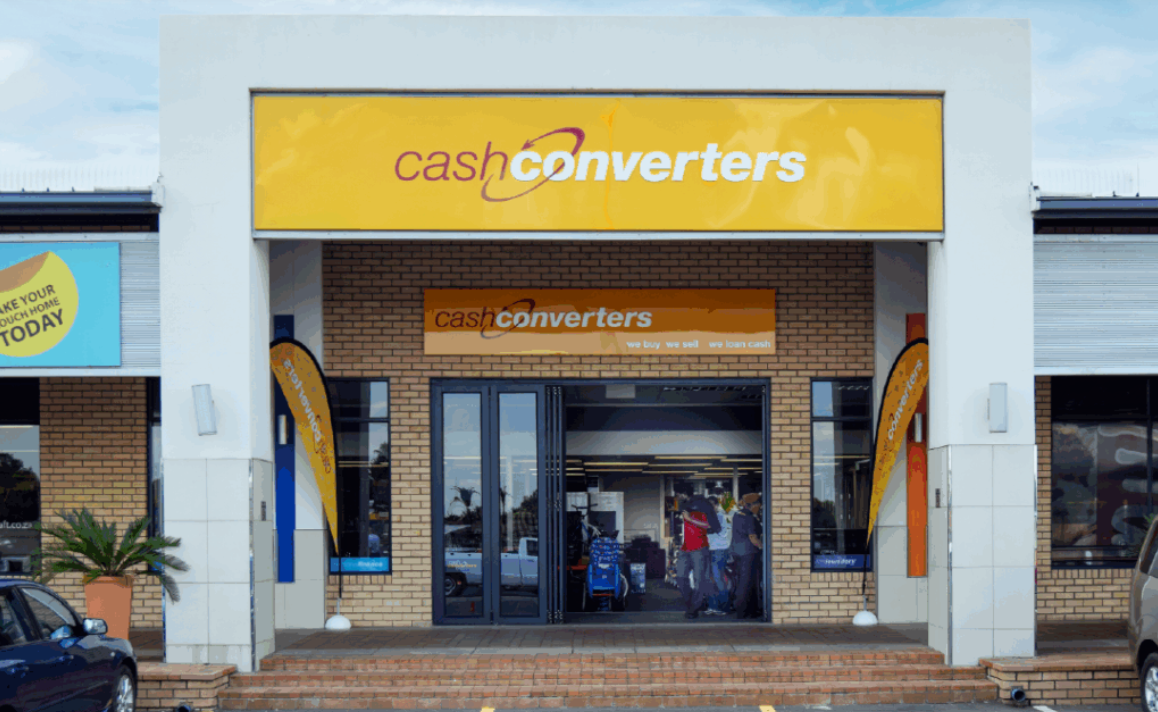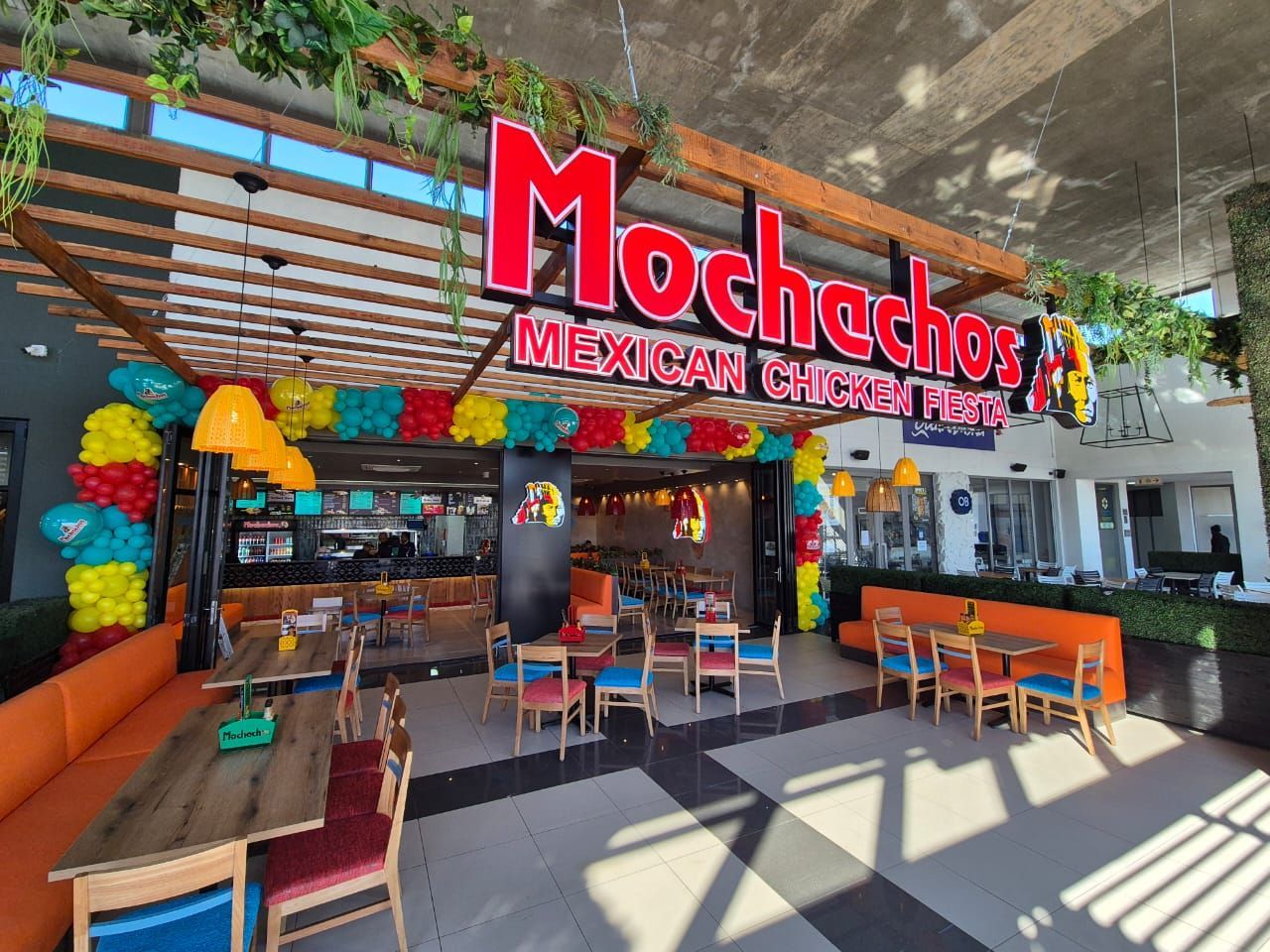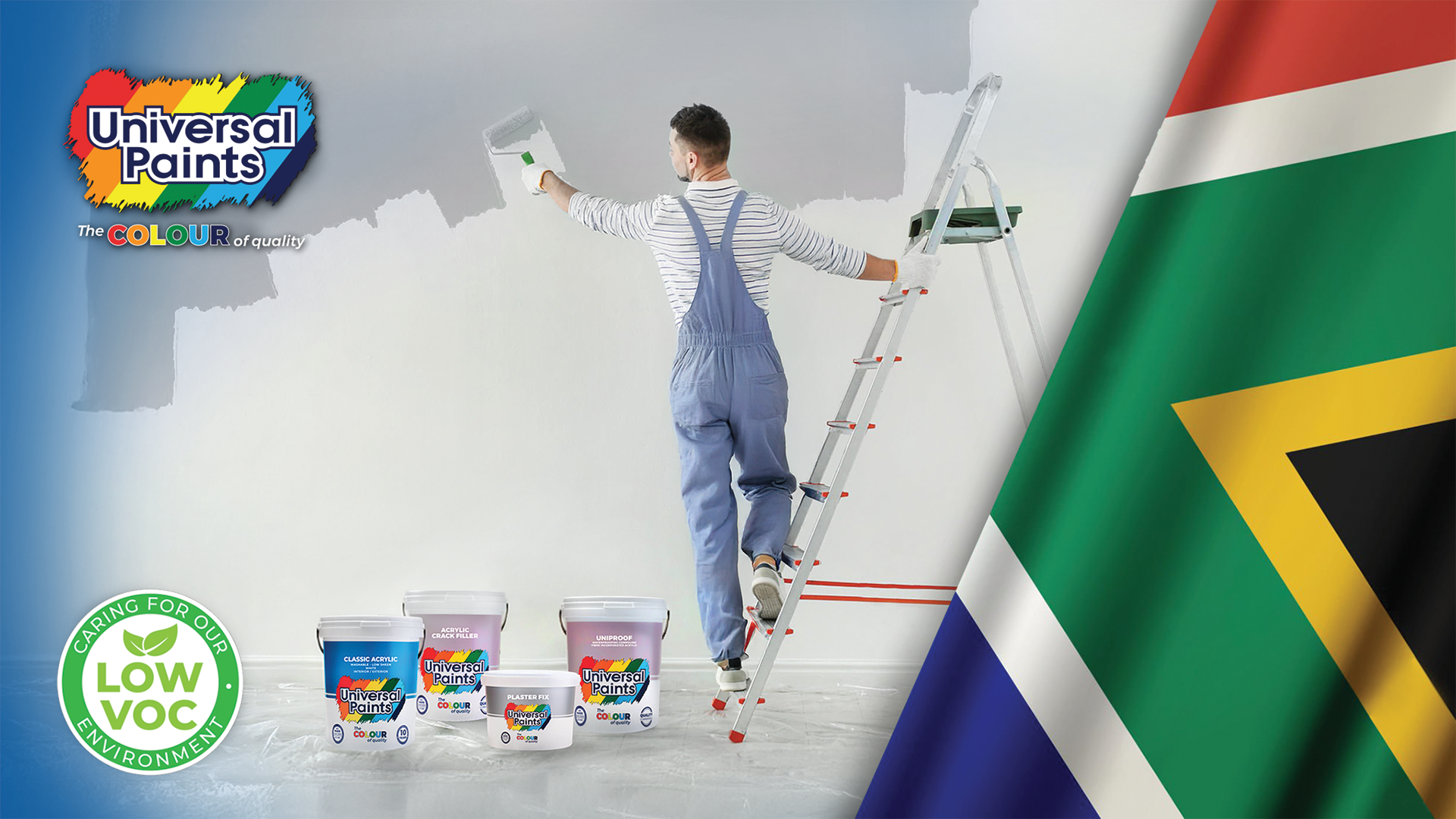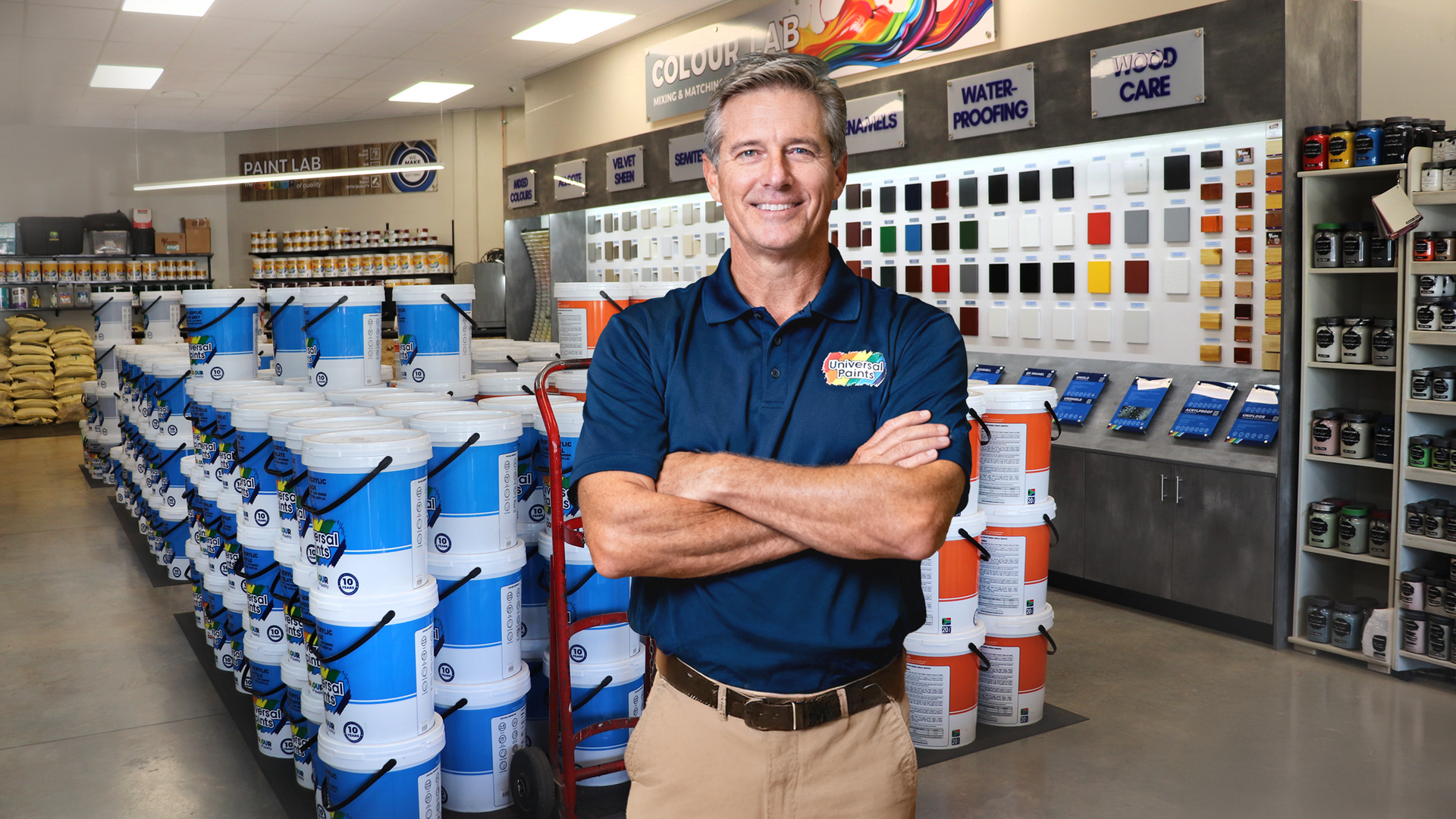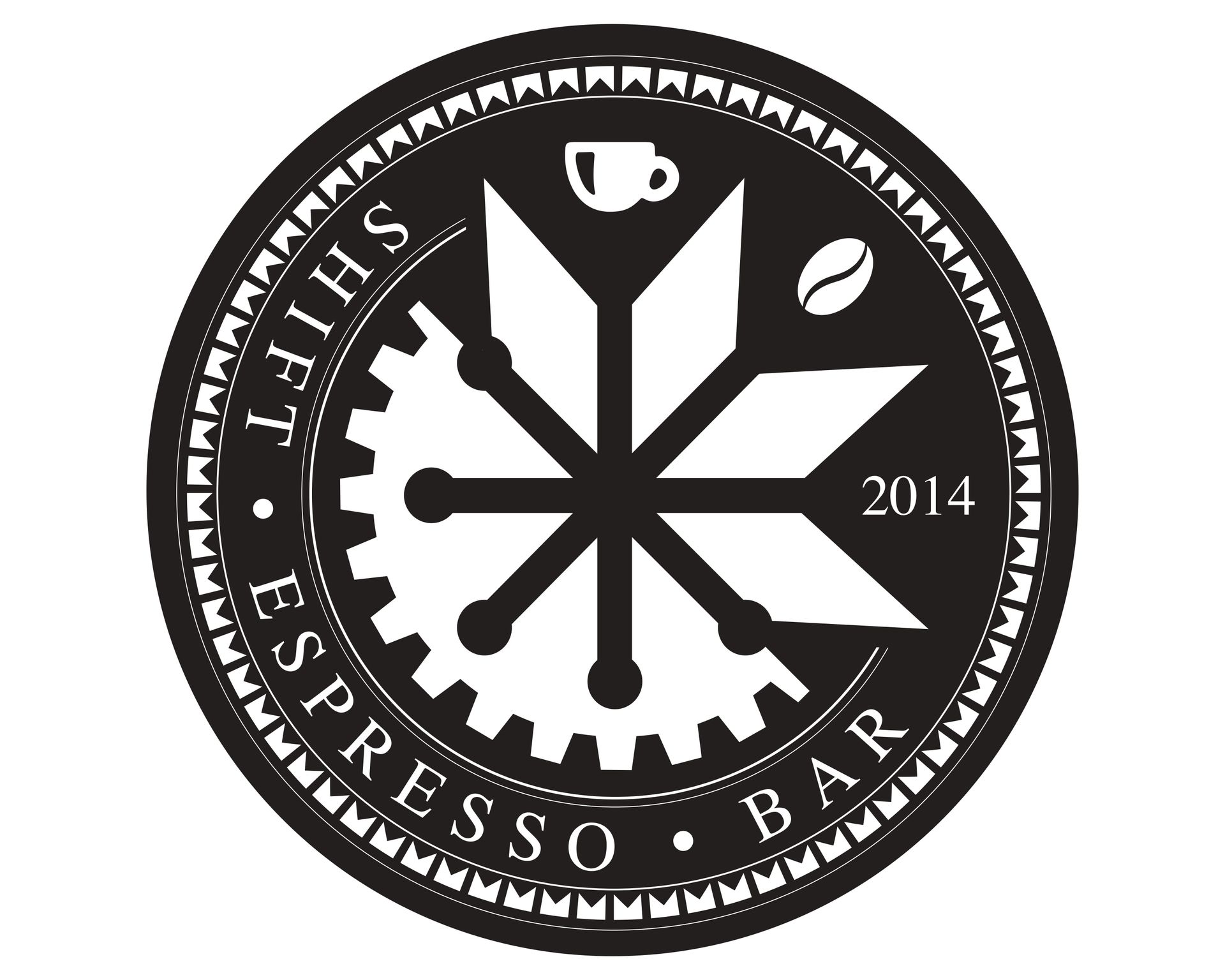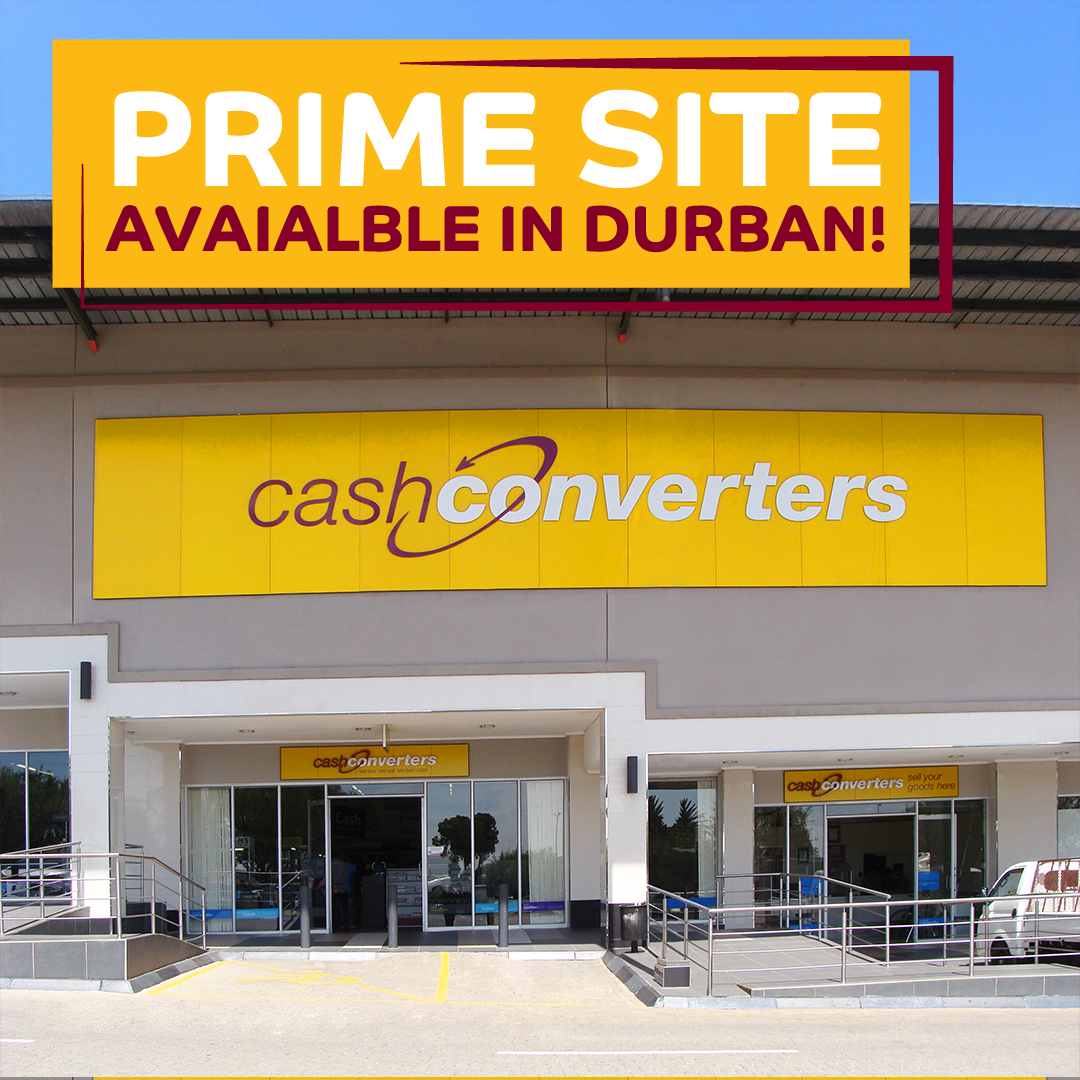BLOG
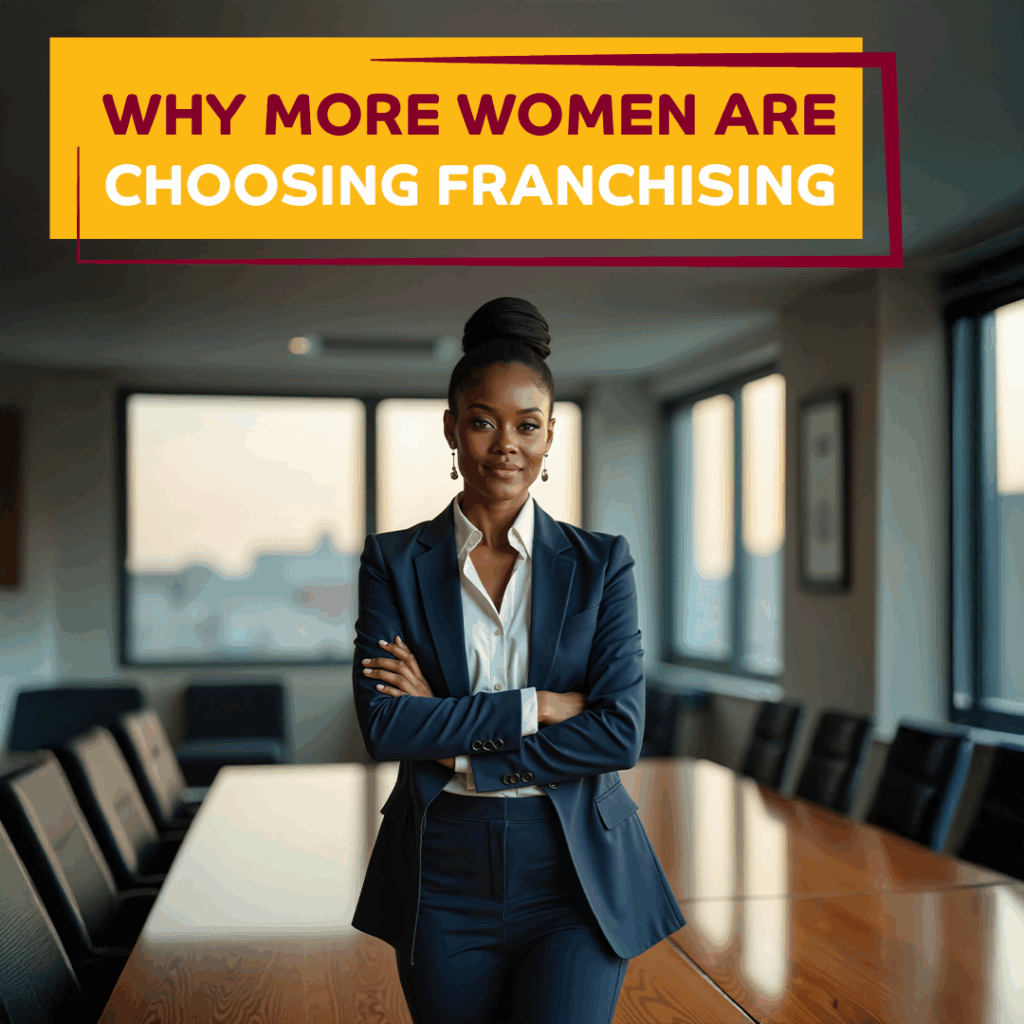
Every franchise has a story, but Mary Makhubela’s journey with Cash Converters Morning Glen is one that inspires far beyond business. For Mary, franchising wasn’t just about opportunity—it was about destiny. She often says that franchising chose her, and with that choice came challenges that demanded courage, resilience, and vision. Mary’s path reminds us that success isn’t defined by the obstacles we face, but by how we rise above them. Her determination has turned setbacks into stepping stones, proving that women in franchising are not only capable but unstoppable. She believes women bring something powerful to the industry: fresh perspectives, strength in adversity, and the ability to create lasting impact. Mary’s story is a call to every aspiring entrepreneur—when women lead, they don’t just run businesses, they transform industries.
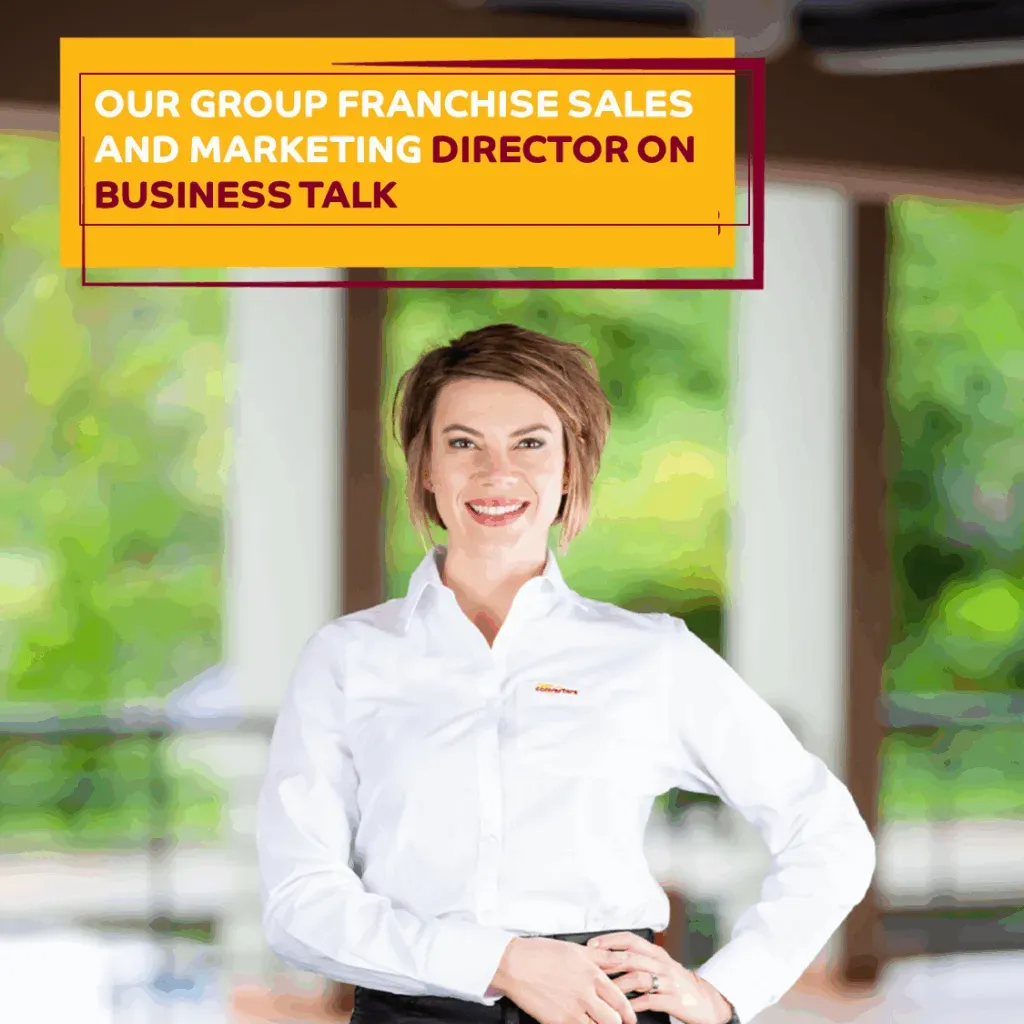
Cash Coverters Group Franchise Sales and Marketing Director, Nicole Thomson, was featured on Business Talk to discuss how Cash Converters has evolved into one of South Africa’s most trusted brands over the past 30 years. Nicole shared insights on: The webshop launch that kept customers connected during lockdown Strategies boosting franchise revenue and reach Upcoming innovations designed to excite customers The growing appeal of Cash Converters for entrepreneurs Her interview is an inspiring look at how second-hand retail is thriving in the digital age.

Have you considered opening a franchise as an alternative to seeking a new role or part-time employment? Franchising is a great way to generate an income, build a saleable asset, and use the experience acquired in your first career . Franchise brands welcome those over 50 as franchisees, as they tend to be mature, experienced, and financially stable. For a retiree or someone taking a retrenchment package, franchising offers the benefits of lifestyle flexibility and more certainty than start-ups.

When aspiring entrepreneurs consider stepping into franchising, they often imagine the end goal: a thriving business with customers walking through the doors. But the journey from initial enquiry to grand opening is far more than signing contracts—it’s a carefully structured process designed to build trust, ensure capability, and align visions between franchisors and franchisees. Discover how this process works in this article
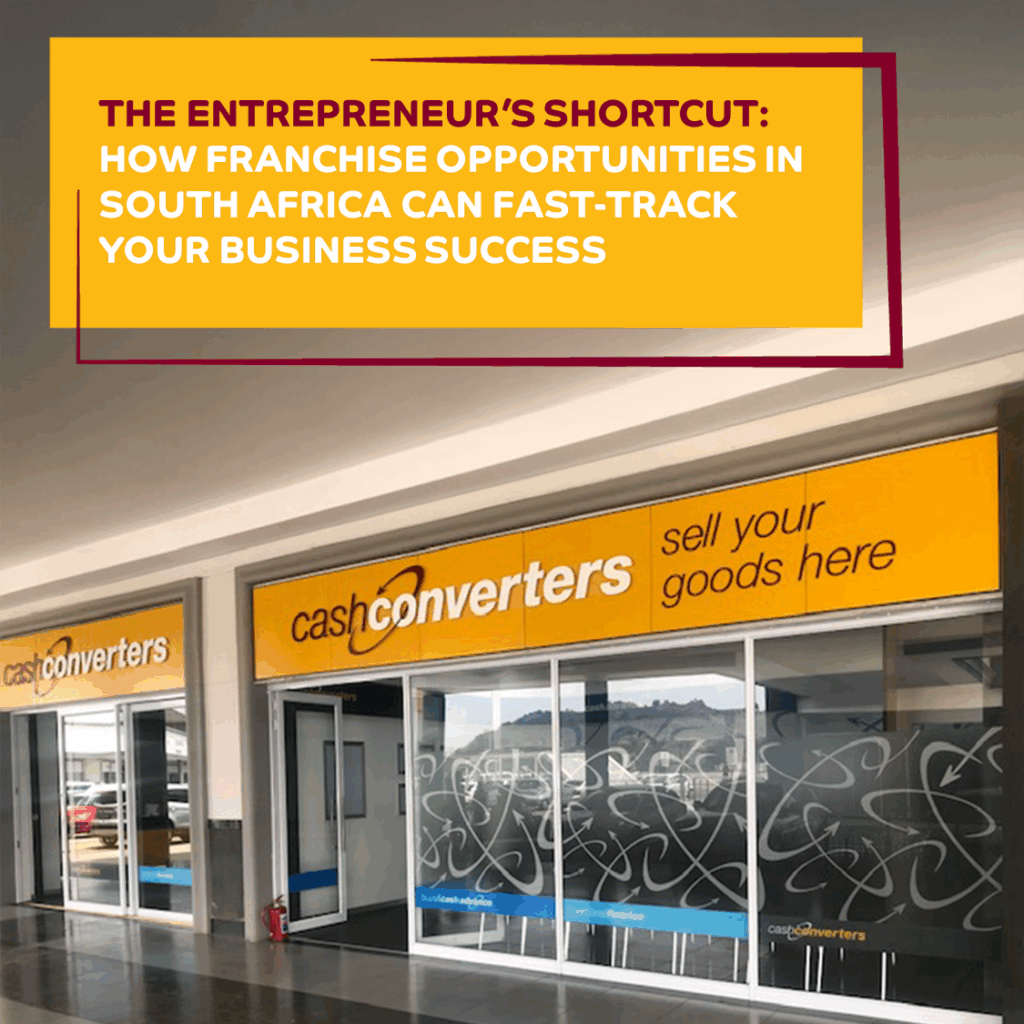
Why Starting a Business Alone Is Tough Launching a business from scratch is exciting—but it’s also overwhelming. From building a brand and sourcing suppliers to handling admin, marketing, and compliance, many entrepreneurs face challenges before they even open their doors. It’s no surprise that a large percentage of start-ups struggle to survive their first few years. That’s why franchise opportunities in South Africa are becoming the go-to solution for aspiring business owners. Instead of reinventing the wheel, franchising offers a proven path to success, backed by established systems and trusted brand recognition.

In South Africa, entrepreneurship isn’t just a buzzword — it’s a way of life. From township traders to suburban side hustlers, everyday South Africans are proving that you don’t need a business degree to run a successful enterprise. At Cash Converters, we believe the best franchise owners are often those who’ve mastered the art of making a plan, not just making a pitch.

For many South Africans, achieving true financial independence can feel like a distant dream. But with the right business opportunity, that dream can become a reality. Owning a Cash Converters franchise gives you the freedom of entrepreneurship—supported by a trusted, proven brand that’s been helping South Africans build wealth for over 30 years.

Fleet management in South Africa is not just a logistical function—it's a lifeline for businesses navigating volatile fuel prices, rugged terrain, rising crime, and regulatory complexity. Whether you're running a logistics company in Johannesburg or managing agricultural transport in the Western Cape, the ability to monitor, protect, and optimise your fleet is essential. And at the forefront of this transformation is Digit FMS , South Africa's leader in advanced fleet and security solutions.

Reez Brits, a franchisee with Digit FMS since 2020, is featured as a top-performing branch manager from Richard’s Bay, KwaZulu-Natal trading as Digit Zululand. Despite launching her business during the height of the COVID-19 pandemic, Reez has built an outstanding track record by harnessing Digit’s strong support structures and dynamic product range. This insightful interview explores her journey, from startup challenges to her remarkable growth in the electronic security sector.
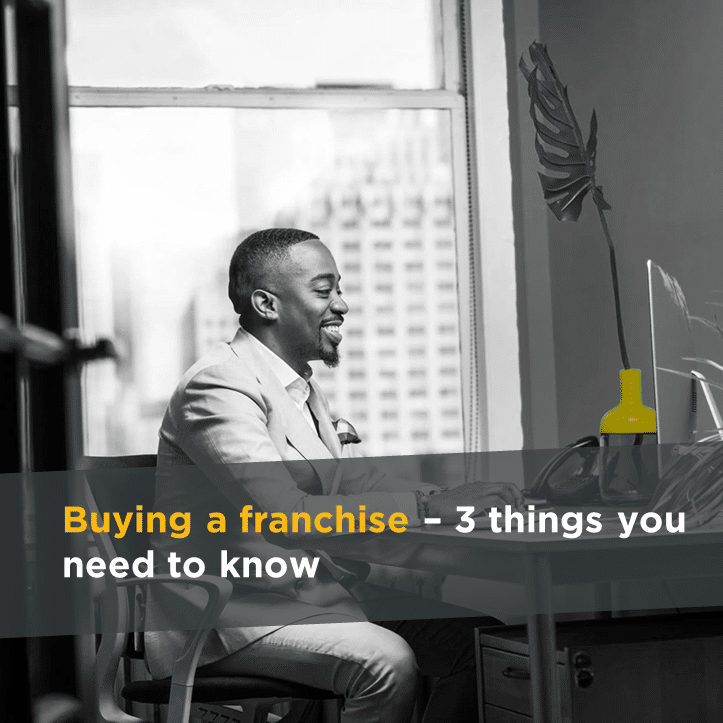
Thinking about buying a franchise? You're not alone. Franchising offers a powerful way to step into business ownership with a proven model, brand recognition, and ongoing support. But before you dive in, there are three critical things every aspiring franchisee must know to make a smart, profitable decision. Whether you're exploring fast food, fitness, or retail franchises, this guide will help you navigate the process with confidence.
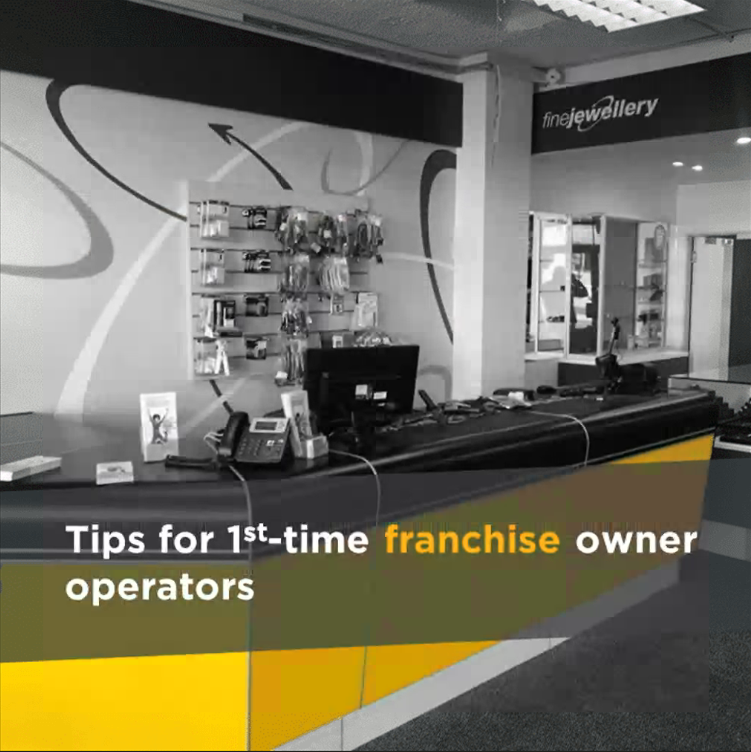
If you’re exploring the idea of becoming a franchise owner, you’re not alone. In today’s economic climate, franchising remains one of the most appealing ways to start a business. It combines the independence of entrepreneurship with the security of a proven business model, plus the training and support of an established brand. For first-time franchise buyers, the process can feel overwhelming. To help you take confident steps forward, here are some key tips every new franchisee should be aware of.As we reach the midpoint of 2025, it’s the perfect time to reflect on the evolving franchise landscape in South Africa. Whether you're a seasoned investor or a first-time entrepreneur, the first half of the year has revealed key trends, opportunities, and strategic insights that can shape your next move.
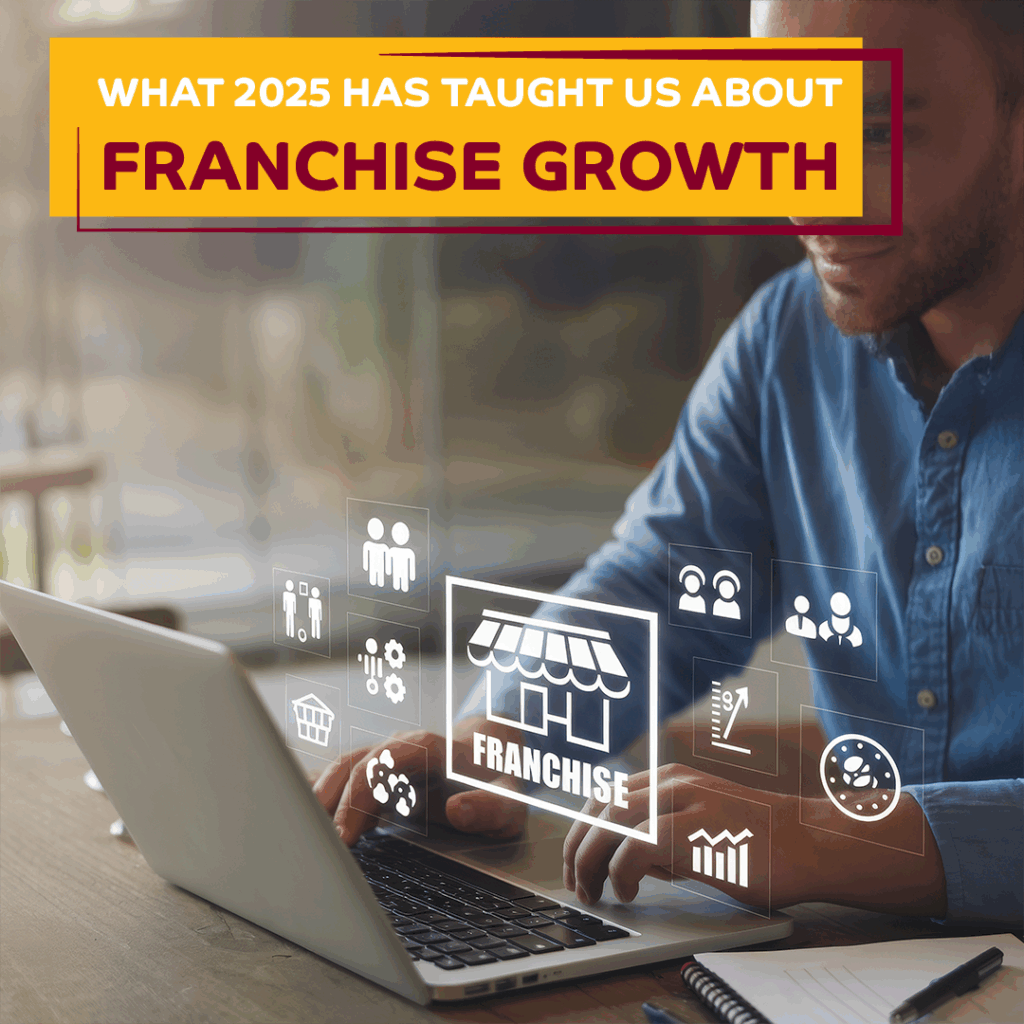
As we reach the midpoint of 2025, it’s the perfect time to reflect on the evolving franchise landscape in South Africa. Whether you're a seasoned investor or a first-time entrepreneur, the first half of the year has revealed key trends, opportunities, and strategic insights that can shape your next move.

Thinking about becoming your own boss through franchising? You're not alone. Franchising offers a proven business model, brand recognition, and ongoing support—but not all franchises are created equal. To make the best decision for your future, you need more than enthusiasm—you need a strategic evaluation process. In this guide, we'll walk you through how to research and evaluate a franchise opportunity so that you can invest with confidence and clarity.

Looking for a proven way to build generational wealth and secure your family's financial future? Investing in a Cash Converters franchise might be the best move you'll ever make. With over 30 years of success in South Africa, Cash Converters offers a scalable business model, comprehensive support, and a legacy-building opportunity that goes far beyond income.
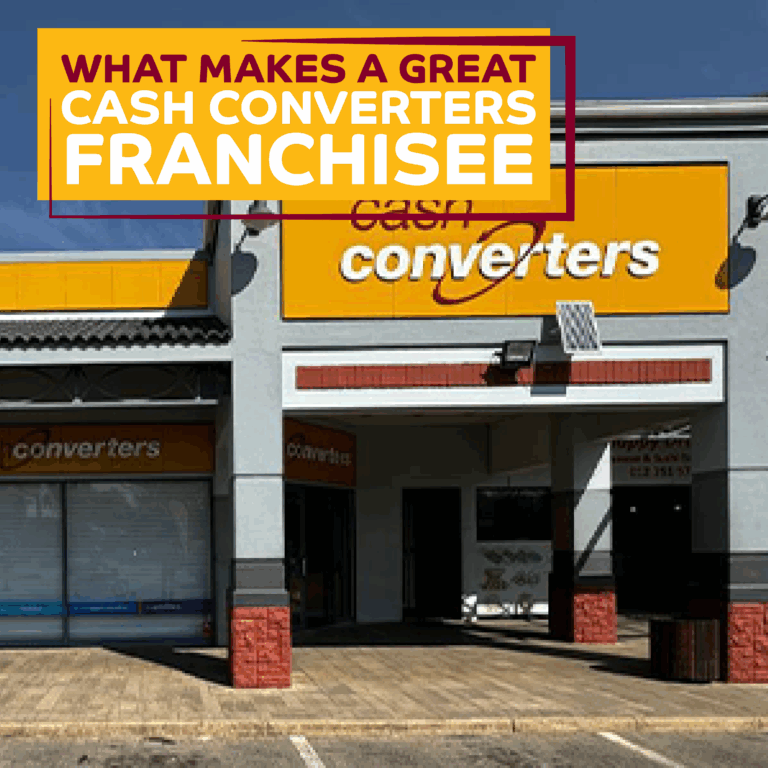
Discover how entrepreneurial spirit and community connection fuel success in our network. Thinking about launching your own business, but craving more than just financial rewards? At Cash Converters Southern Africa, the journey of franchise ownership goes far beyond simple transactions and revenue goals. It’s about building opportunity, sparking positive change, and making a real difference, not just in your own life, but throughout your community.

Empowering Your Franchise Journey with Practical Wisdom When it comes to exploring franchise opportunities, there’s nothing quite like learning directly from those who’ve walked the path before you. The experiences of franchise owners are a treasure trove of wisdom, offering both a candid look at challenges and the strategies that lead to sustainable growth. In this post, we dive into the stories and insights of thriving Daily Coffee Group franchisees, distilling the lessons that can guide new entrepreneurs to success.

Why Universal Paints Is the Trusted Name for Colours That Last When it comes to transforming a space, choosing the right paint is about more than just picking a colour from a chart; it's about trust, quality, and the assurance that your project will shine for years to come. This is where Universal Paints stands out as a premium brand, bringing decades of expertise and passion to the world of paint

Essential Factors and Smart Questions for Aspiring Franchisees Are you considering stepping into the world of franchising? The journey promises the allure of owning a business, backed by a brand with a proven track record. Yet, the landscape is dotted with both success stories and cautionary tales. The key to unlocking lasting success lies in thorough evaluation, a blend of diligent research and strategic questioning. In this comprehensive guide, we'll walk you through six pivotal areas to scrutinise, along with the insightful questions every prospective franchisee should be asking to ensure your investment is sound and rewarding.

Discover the keys to entrepreneurial success and long-lasting wealth in South Africa For many South Africans, the road to financial independence can seem daunting, like a distant dream shimmering on the horizon. Yet, there’s a path that not only brings that dream closer but puts it within your grasp: owning a Cash Converters franchise.

Building Confidence and Capability as a New Franchise Owner Stepping into the world of franchising is an exhilarating experience. Still, it’s natural for new franchisees to wonder: “Will I really be able to run my own coffee café with confidence?” The leap from dreaming about a business to opening the doors can feel overwhelming, especially in a high-energy, customer-driven environment. The reassuring truth? With a well-established franchise, you don’t have to go it alone. The pillars of robust training, ongoing support, and reliable systems are what transform new owners into thriving entrepreneurs, regardless of prior hospitality experience.
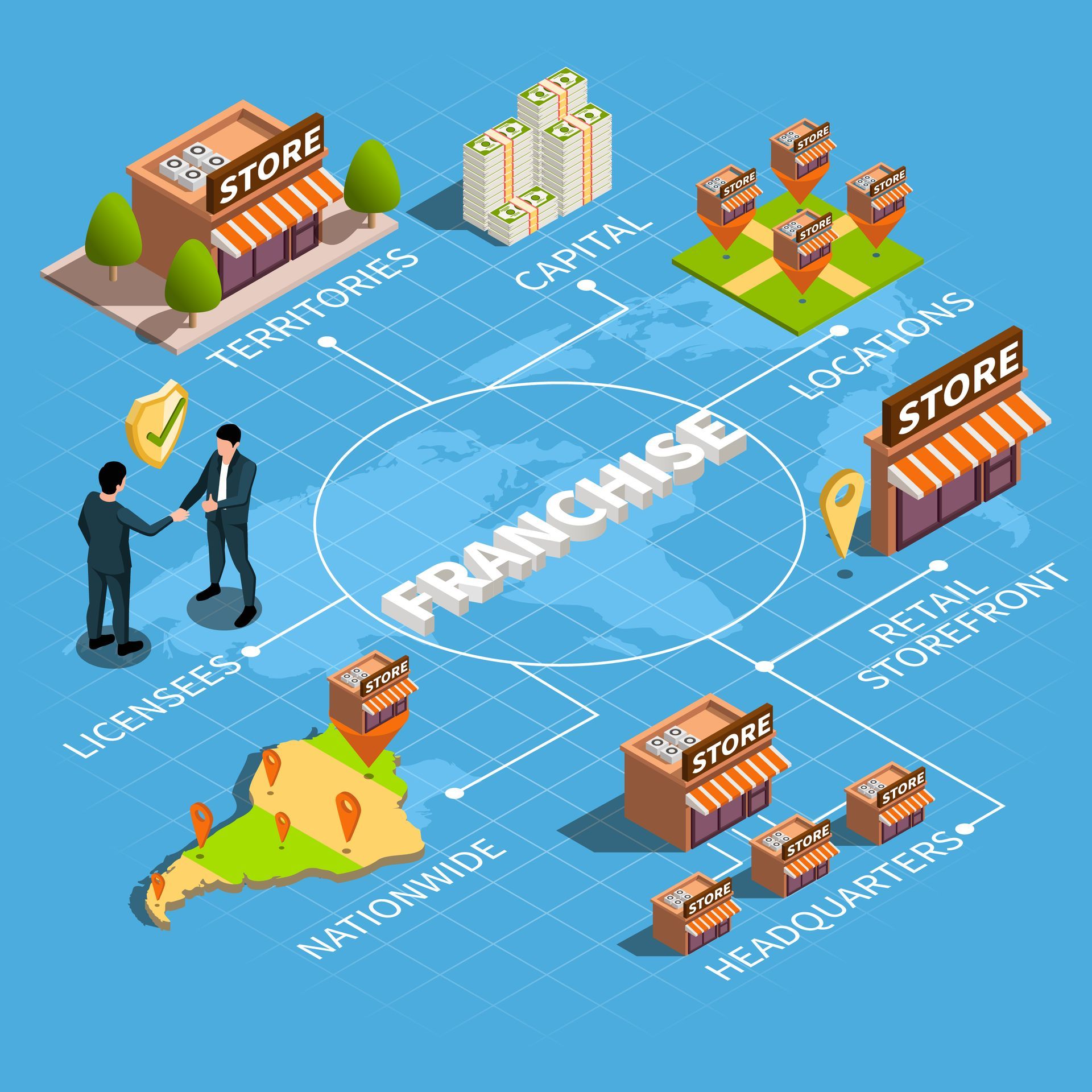
Franchising is often sold as a turnkey solution to entrepreneurship. For many South Africans, the idea of investing in a franchise seems like a low-risk way to enter the business world with a trusted brand behind them. But behind the glossy brochures and attractive ROI figures lies a series of hidden costs that can derail even the most well-intentioned franchisee. In this article, we at SA Franchise Warehouse (SAFW) aim to uncover the overlooked expenses in franchising and help aspiring franchisees budget realistically. Whether you're new to the game or considering your next venture, knowing these costs in advance can be the difference between success and financial strain.

Exploring the Advantages of Proven Models in Hospitality Starting a business is an exhilarating journey, full of ambition and possibilities. Yet, as exciting as it may sound, the reality is often steeped in challenges, especially for entrepreneurs venturing into the competitive world of hospitality. With no shortage of risks in starting from scratch, franchising presents a compelling alternative, offering a pre-tested pathway to success.
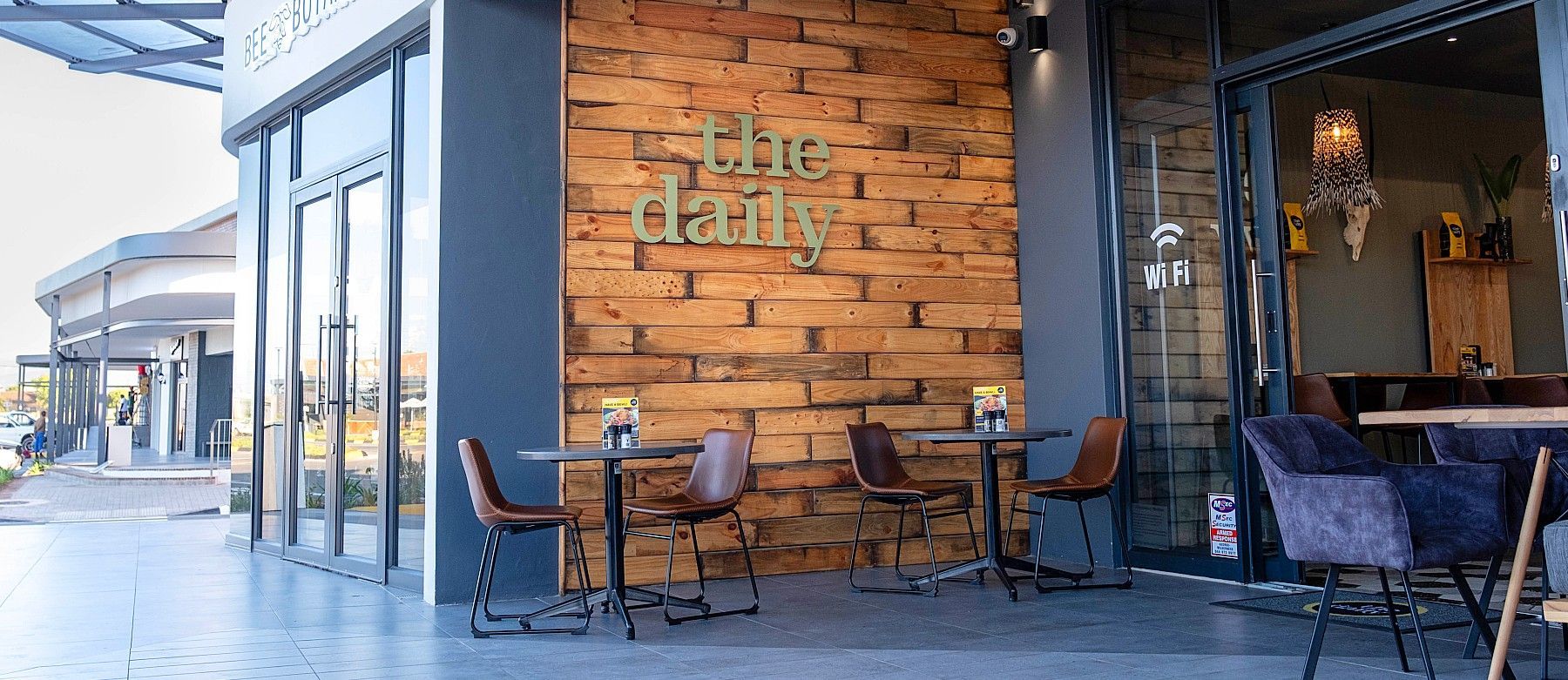
A Rewarding Role That Requires Dedication Stepping into the world of coffee café franchises might seem like a dream come true for those who love the comforting aroma of freshly brewed coffee and the bustling hum of a busy café. However, owning a coffee café franchise goes far beyond pouring perfect cappuccinos and creating a welcoming environment for customers. It’s a dynamic and demanding business that requires dedication, strategy, and leadership. So, what does it really mean to be a coffee café franchisee? What makes this role both challenging and rewarding? Let’s dive deeper into the responsibilities that define it and the qualities that help franchisees thrive.
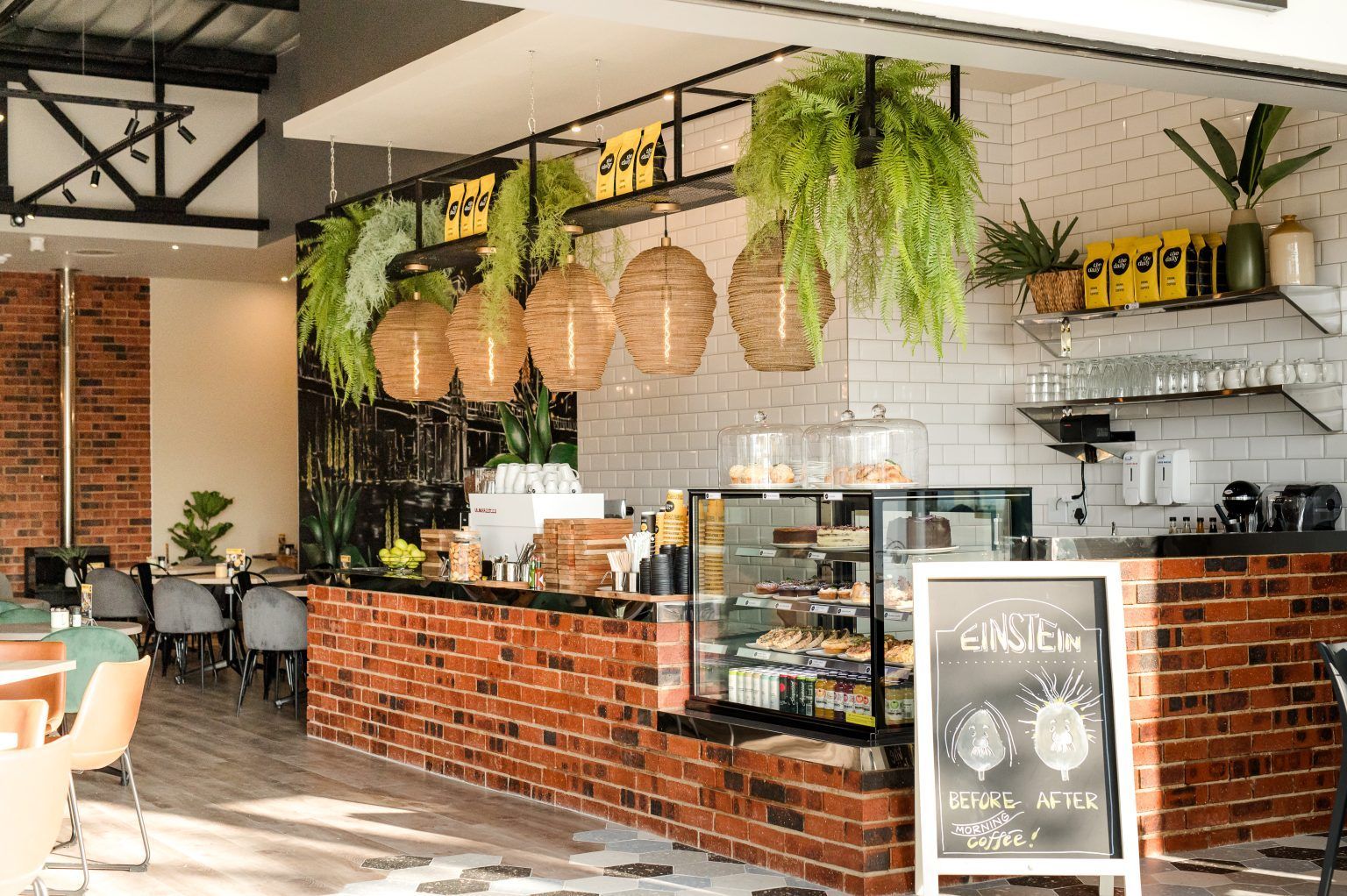
Are you dreaming of opening your own coffee café franchise? It's a rewarding and dynamic venture, but success starts with understanding the actual cost of getting started and staying open. Whether you're inspired by the aroma of fresh espresso or the promise of a proven business model, knowing the financial landscape is essential. Let's take a grounded look at what it takes to launch, run, and grow a coffee café franchise so you can plan with confidence.
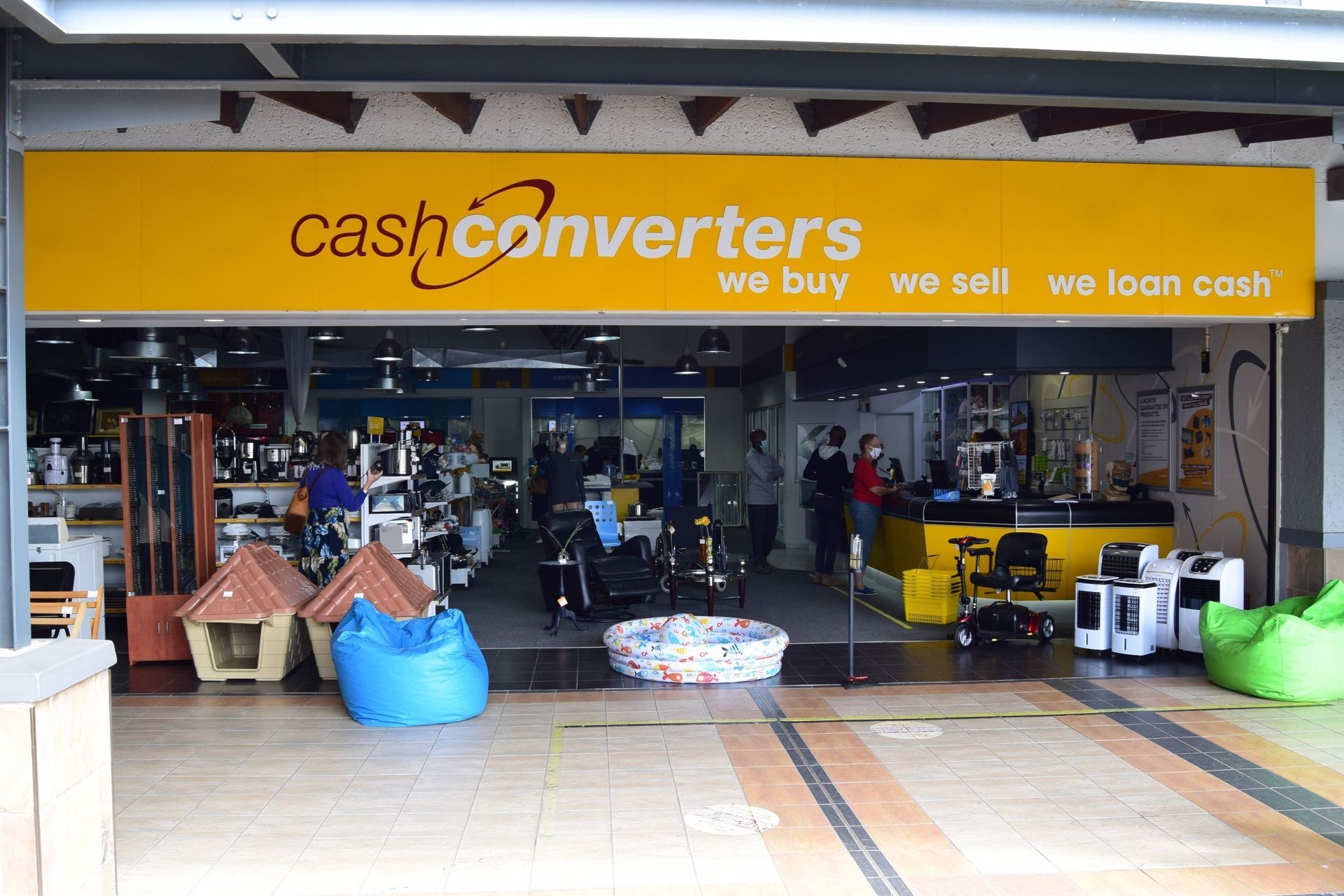
Are you dreaming of owning your own business but not quite sure where to start? If the idea of entrepreneurship is calling your name, there's one route that's gaining more momentum than ever: franchising. And with the right partner, it could be your springboard into long-term success. Let's discuss why now, right now, is the perfect time to take the leap.
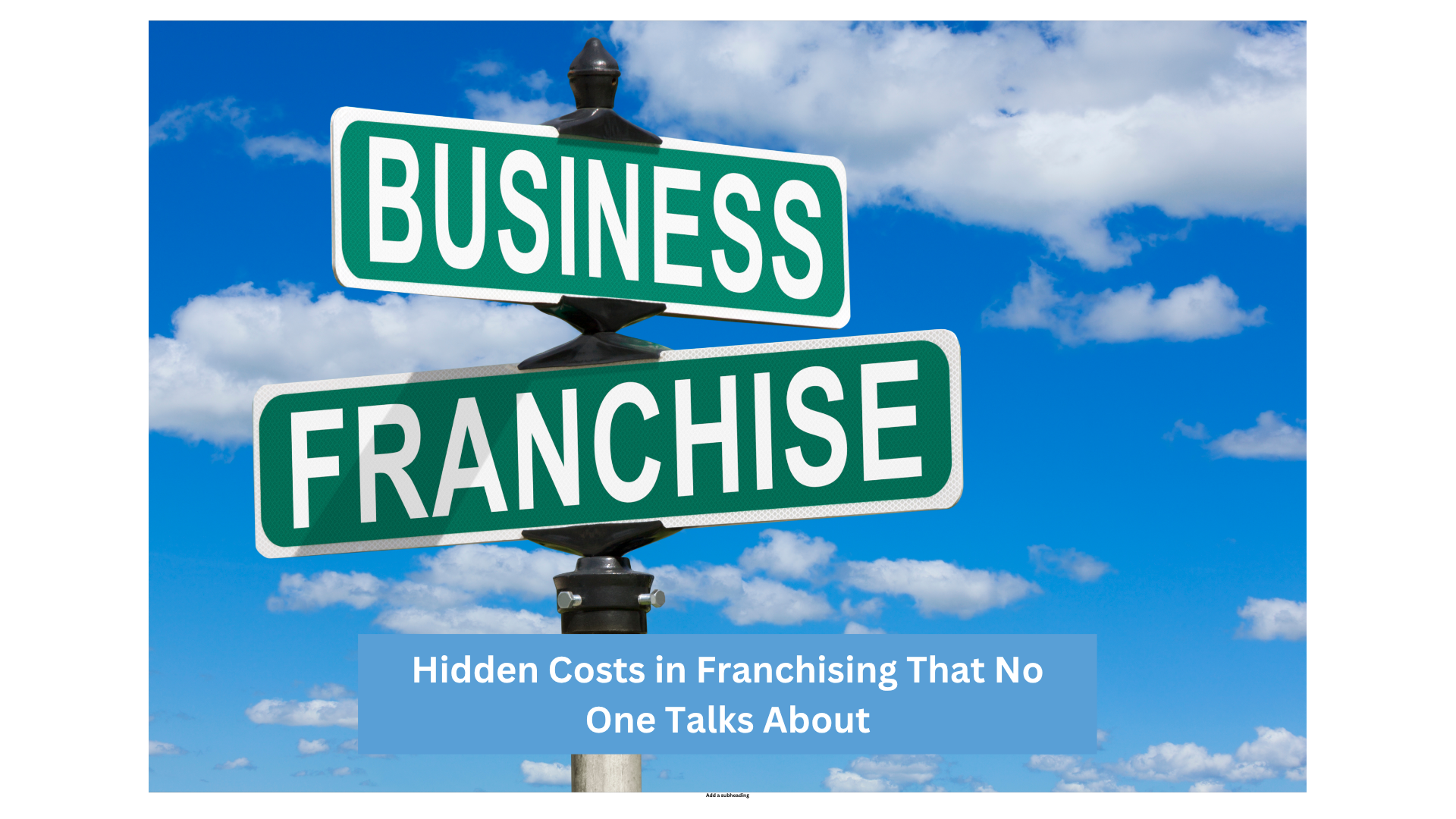
Franchising is often sold as a turnkey solution to entrepreneurship. For many South Africans, the idea of investing in a franchise seems like a low-risk way to enter the business world with a trusted brand behind them. But behind the glossy brochures and attractive ROI figures lies a series of hidden costs that can derail even the most well-intentioned franchisee. In this article, we at SA Franchise Warehouse (SAFW) aim to uncover the overlooked expenses in franchising and help aspiring franchisees budget realistically. Whether you're new to the game or considering your next venture, knowing these costs in advance can be the difference between success and financial strain.
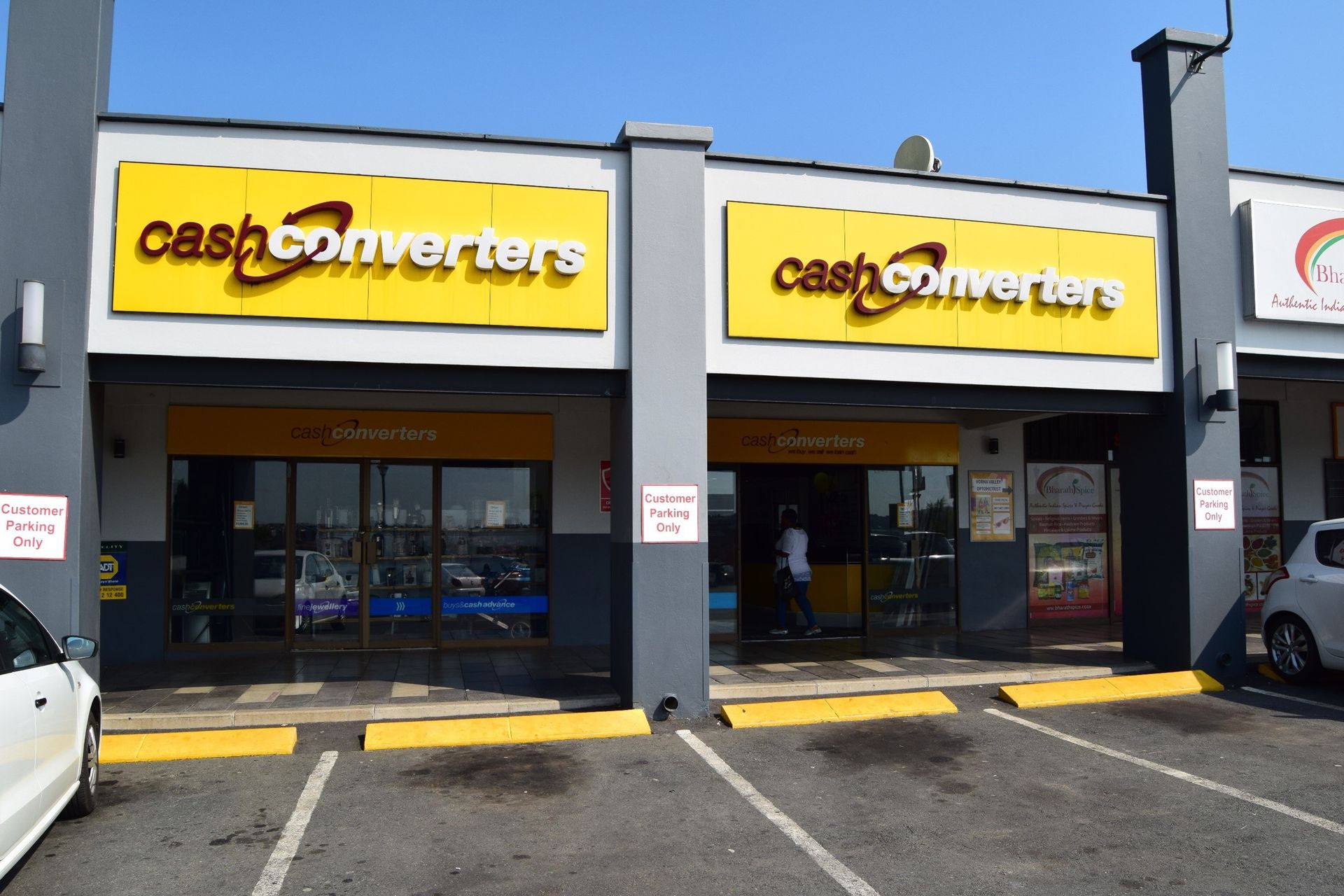
Becoming a part of the Cash Converters family is more than just opening a store—it's joining a values-driven business community with a strong support system and a passion for empowering local entrepreneurs. At the heart of our franchise success is a robust training programme designed to give new franchisees the confidence, skills, and insights they need to thrive from day one. Stephen Hurlin, National Training Manager at Cash Converters, unpacks the journey every new franchisee embarks on as follows:
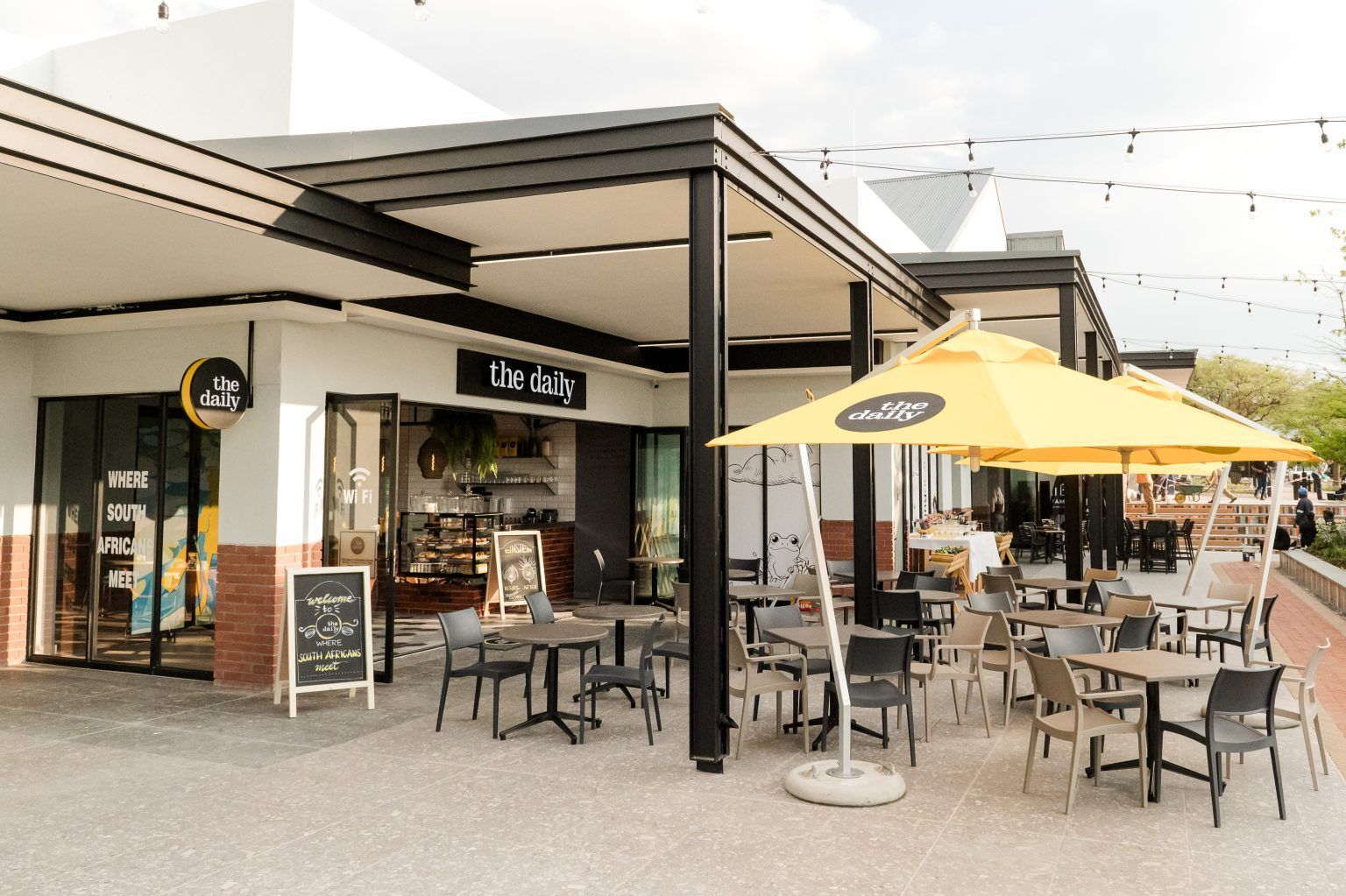
Are you thinking about diving into the world of business ownership but not sure where to start? Franchising might be a smart move, offering a blend of independence and support. But before you jump in, it's essential to ask yourself a crucial question: "Is this business model the right fit for me?" Let's break it down so you can make a confident, informed decision.
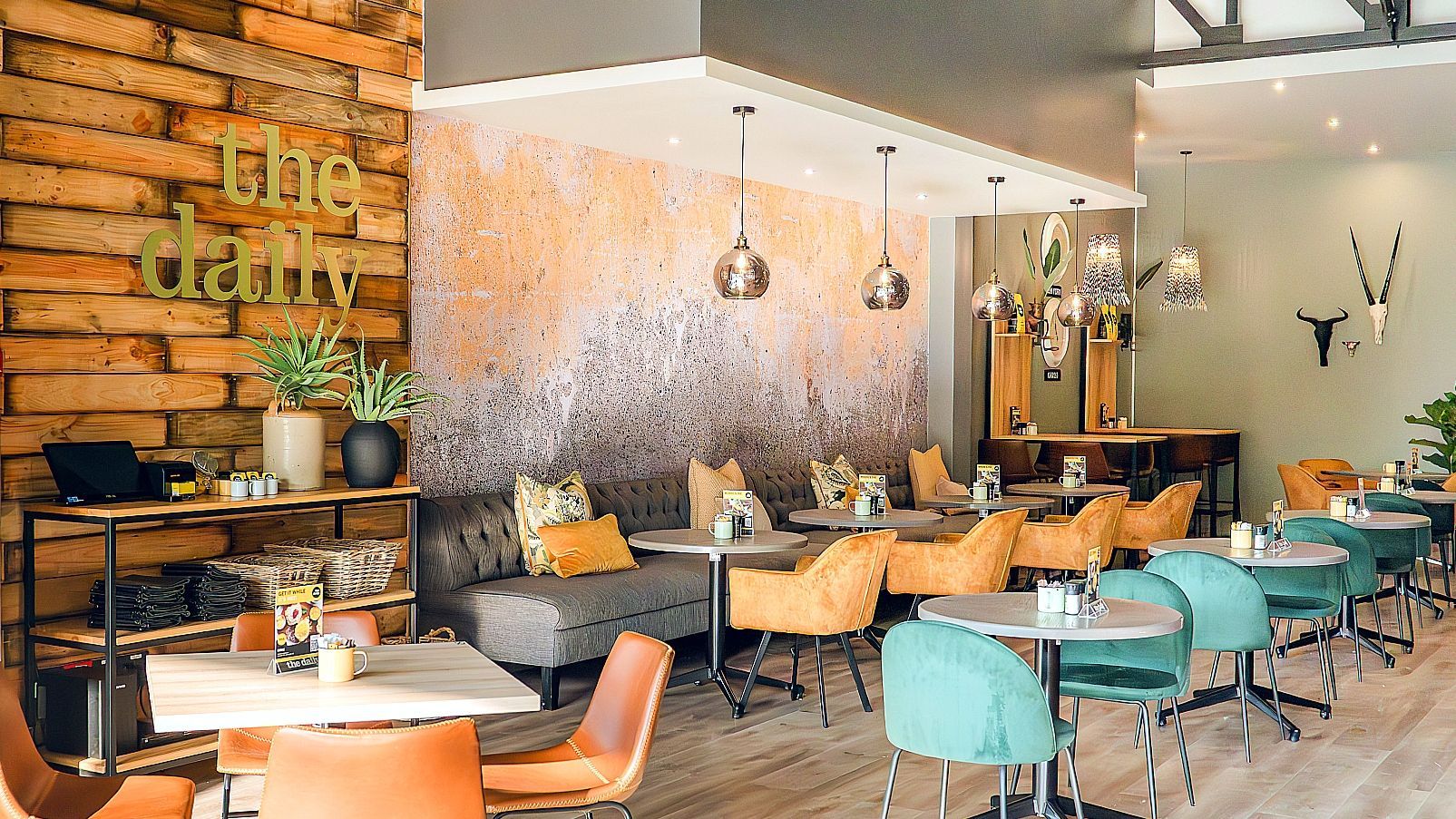
So, you're dreaming of owning your very own coffee café? The smell of freshly ground beans, the hum of conversation, the warm community vibe – yes, it's all calling your name! But now comes the big decision? Do you build something from the ground up, or do you plug into the power of a franchise? Both paths can lead to success, but which one is right for you? Let's break down the pros and cons of going independent vs. investing in a franchise café.

A beginner-friendly breakdown of franchising, especially in the world of coffee cafés. Have you ever dreamed of owning your own coffee café but felt overwhelmed by the idea of starting from scratch? You're not alone. Many successful café owners began their journey with nothing more than a love for coffee, a passion for business, and a big dream. That's where franchising comes in: a proven business model that offers the best of both worlds: ownership and support. Whether you're exploring options or just starting to dip your toes into the coffee business, this blog post will walk you through the basics of franchising, focusing on how it works in the café space.
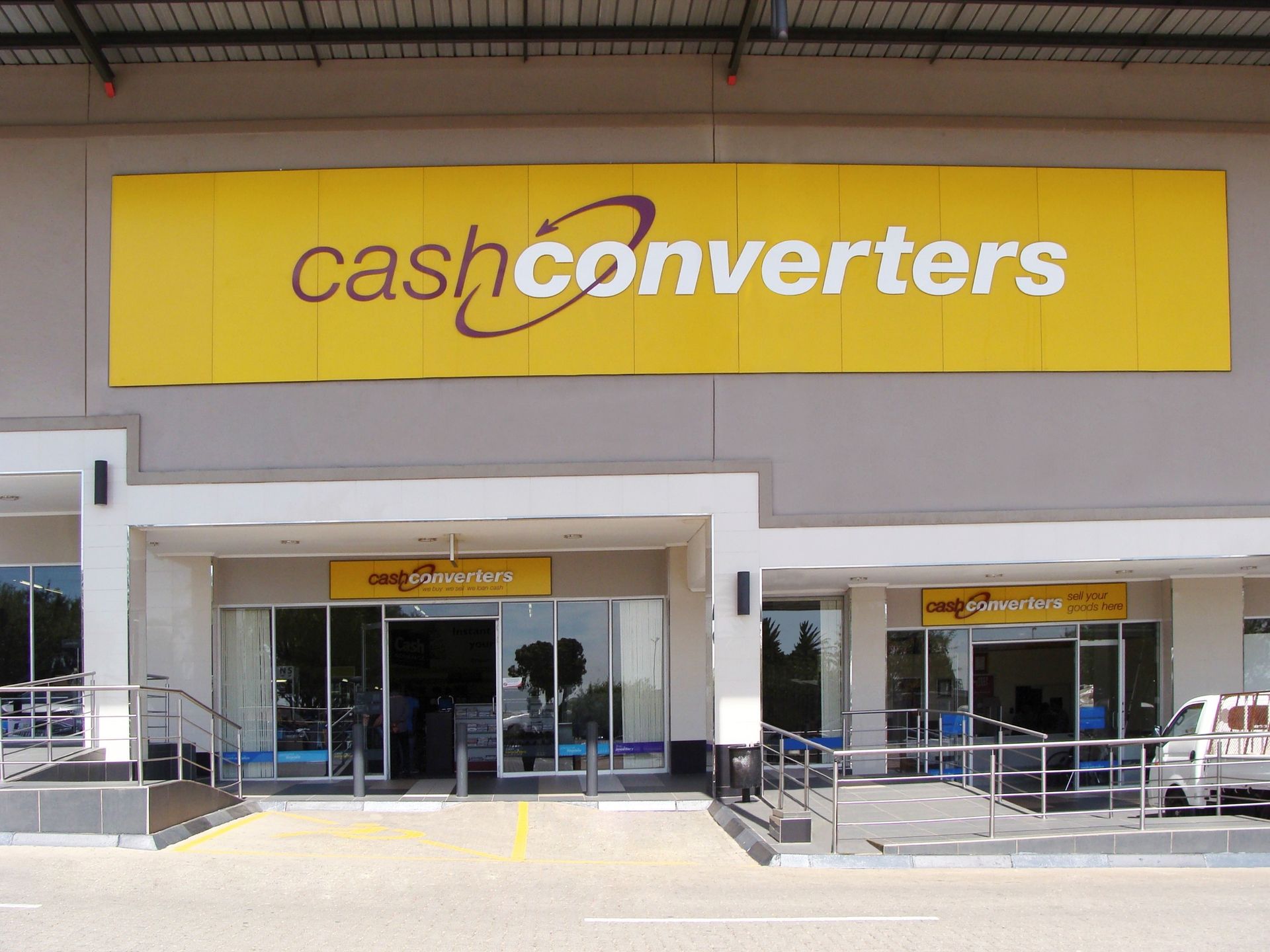
As tax season prompts a thorough review of your financial health, it's an opportune moment to consider diversifying your investment strategy. One avenue worth exploring is franchise ownership, specifically with Cash Converters. This globally recognised brand offers a unique blend of retail and financial services.
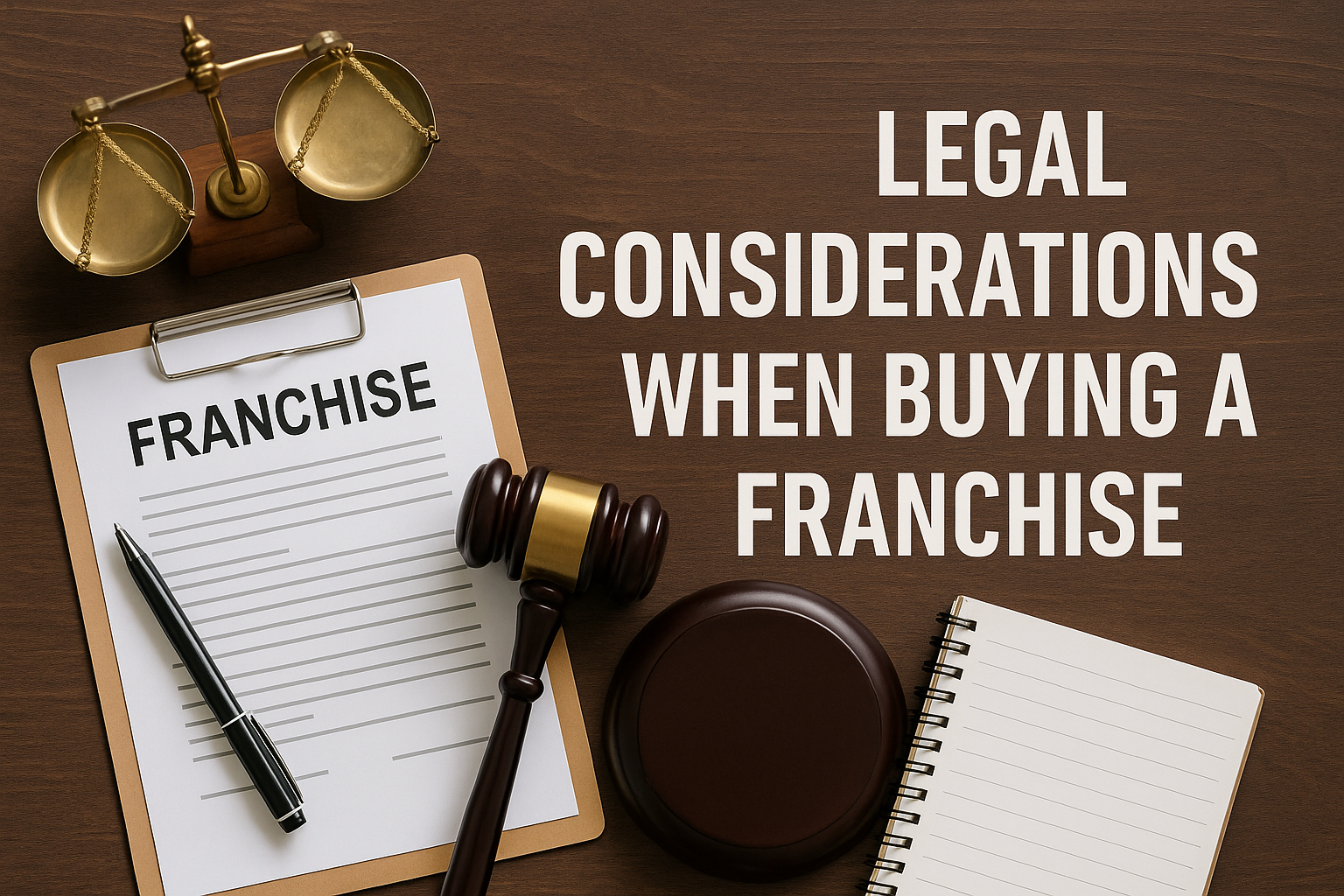
Legal Considerations When Buying a Franchise in South Africa Buying a franchise can be one of an entrepreneur's most rewarding decisions — but only if done with eyes wide open. South Africa's franchise industry is booming, with dozens of franchise opportunities emerging across sectors like food, retail, fitness, and professional services. But before you sign on the dotted line for a franchise for sale in South Africa , you need to understand the legal obligations that come with it. This guide breaks down the critical legal elements of buying a franchise, from the franchise agreement to royalties, territorial rights, and the importance of due diligence. Let's protect your investment by helping you make informed decisions from day one. What Is a Franchise Agreement? A franchise agreement is the legally binding contract between you (the franchisee) and the franchisor. It defines the terms of the relationship, from how long the agreement lasts, to what fees are payable, to your rights and responsibilities as a franchisee. In South Africa, franchise agreements are governed by the Consumer Protection Act (CPA) . This law ensures specific protection for franchisees and outlines minimum requirements for franchisors. Franchise agreements are usually non-negotiable , so it's vital to understand what you're agreeing to before signing. Key Clauses to Watch Out For Here are the most critical clauses you'll likely encounter in a typical South African franchise agreement: 1. Initial Fees and Ongoing Royalties ● Initial Fee: This is the once-off payment to buy into the franchise system. ● Royalties/Management Service Fees: Ongoing monthly fees, often a percentage of your turnover, paid to the franchisor for continued support, use of branding, and intellectual property. ● Marketing Fees: These fees may also be charged as a percentage of turnover or a fixed fee. The Consumer Protection Act requires that the use of these fees be described in the franchise agreement and that these contributions be used for marketing purposes only. 📌 Watch for hidden costs or unexpected admin fees. All fees must be disclosed in the franchise agreement. 2. Territorial Rights ● Your agreement should define your territory rights. ● First right of refusal means you get the first option to open another branch in your territory, which may or may not be included in the agreement. It's advisable to ask the franchisor whether this applies. 📌 Make sure the territory is clearly defined by geography or a kilometre radius, not vague descriptions. 3. Duration and Renewal ● Most franchise agreements are fixed-term (typically 5 to 10 years). ● Ask the franchisor: Does the contract give you the right to renew ? ● Review what happens if you want to exit early or the franchisor intends to terminate. 📌 Always understand termination clauses — especially around defaults and performance reviews. 4. Training and Support ● Most agreements include a clause detailing the initial training provided. ● Ongoing support, such as marketing assistance, operational consulting, or software systems, should also be listed. 📌 Check if training is included in your fees or billed separately. 5. Advertising and Marketing Contributions ● Many franchises require you to contribute to a national marketing fund. ● You may also have to invest in local advertising . 📌 Ensure transparency — how is the fund spent, and will it benefit your location? 6. Restrictive Clauses and Non-Compete Terms ● Many agreements prevent you from operating a similar business during and after the franchise period. ● These non-compete clauses may extend up to 2 years post-termination. 📌 These clauses must be reasonable in duration and scope under South African law. 7. Dispute Resolution and Governing Law ● The agreement should outline how disputes are resolved — arbitration, mediation, or court? ● South African franchise agreements must comply with South African law . However, check if the license is from the local franchise or a foreign company, which may influence the applicable jurisdiction. 📌 Legal advice is recommended before signing any document with international jurisdiction clauses. Why Legal Due Diligence Is Essential Due diligence isn't just for big business deals. Even a small franchise investment can carry massive risk if you don't do your homework. Here's what due diligence should include: 1. Franchisor Track Record ● How long has the franchisor been in business? ● Are they members of a recognised body like FASA (Franchise Association of South Africa)? ● Have there been recent closures or legal disputes? Any ongoing legal conflicts must be disclosed in the Disclosure Document 2. Financial Health ● The franchisor must disclose the growth (or decline) of their profits for the past financial year as a percentage of the previous year. ● Speak to other franchisees: Are they profitable? Are royalties fair? 3. Disclosure Document ● Franchisors must provide a disclosure document and the franchise agreement at least 14 days before signing, per the CPA. ● This should include business history, litigation, fees and financial estimates, and obligations. 4. Franchisee Testimonials ● Connect with existing franchisees and ask: ○ Was the training sufficient? ○ Do they get real support? ○ Would they reinvest? 5. Get Legal Advice ● Don't go it alone. Consult an attorney experienced in South African franchise agreements to review the documents. ● Ask them to explain obligations in plain language. Common Legal Mistakes First-Time Franchisees Make Avoid these pitfalls that can cost you time, money, and peace of mind: ● Signing without reading the whole agreement. Even if you trust the franchisor, always read every clause. ● Not understanding the territory terms. You might think you're getting exclusivity when you're not. ● Underestimating startup and legal costs. Legal reviews are a necessary part of your investment. ● Ignoring the non-compete clause. It may limit your future business plans. Franchise Law in South Africa: Know Your Rights The Consumer Protection Act offers several protections: ● Franchisors must give you a cooling-off period of ten days after signing. ● Agreements must be in plain language and disclose all material terms. ● Franchisors must provide a disclosure document with all relevant details before signing. If these aren't supplied or honoured, you may have legal grounds to cancel or dispute the agreement. Final Thoughts: Protect Your Investment Buying a franchise is a significant commitment, both legally and financially. While the opportunities are exciting, it's crucial to approach the process with the same seriousness as buying any business. A clear understanding of your rights, obligations, and the legal framework can mean the difference between success and regret. Ready to Explore Franchise Opportunities? Start your journey with confidence. Browse South Africa's leading franchise businesses for sale and get one step closer to becoming your own boss. 👉 View Franchise Opportunities in South Africa Disclaimer: This article is for informational purposes only and does not constitute legal advice. Always consult a qualified legal professional before entering any contractual agreement.

Dreaming of owning your own coffee shop? The smell of freshly ground beans, the hum of happy customers, and the pride of running your own business can feel irresistible. But behind every successful café is more than just passion – smart planning, strong systems, and the proper support. Welcome to Franchising Unfiltered, a blog series on SA Franchise Warehouse that takes a straightforward look at what it really means to run a coffee franchise .
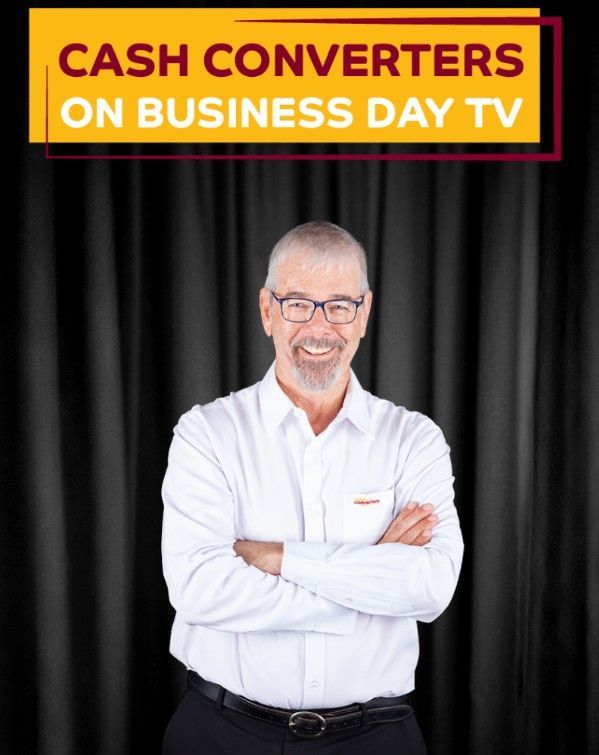
In a recent interview with Gary Alfonso on Business Day TV, Cash Converters CEO Richard Mukheibir shared some valuable insights into how Cash Converters has tapped into the power of franchising to grow their presence across South Africa and into international markets. From lessons learned to strategies that worked, it was a fascinating look into the journey of building a scalable, sustainable business model in South Africa—and beyond—by harnessing the power of the franchising model.
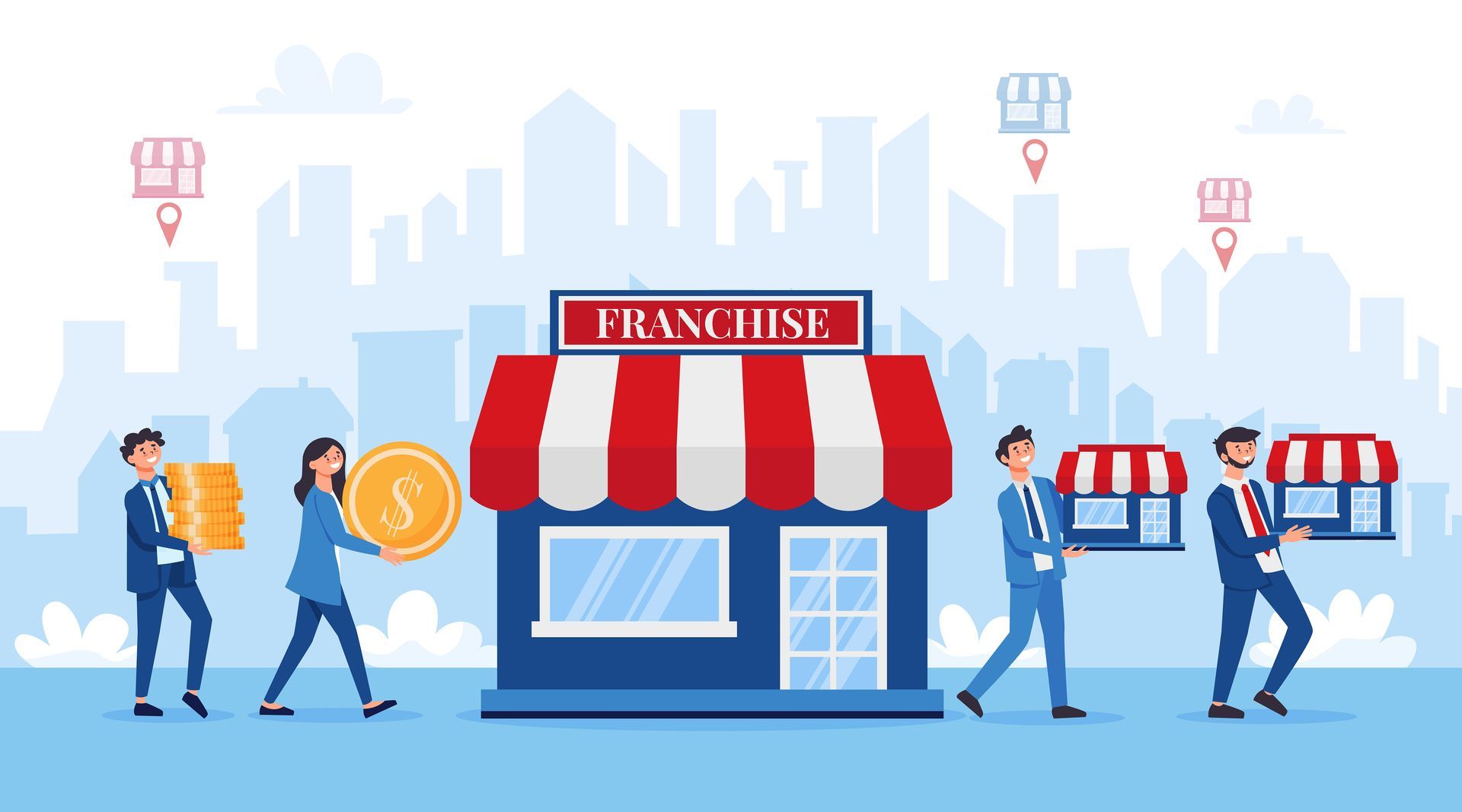
South Africa is bursting with entrepreneurial energy. From buzzing student communities to young professionals dreaming of financial freedom, more and more youth are exploring the idea of building something of their own. But with so many unknowns in today’s economy, the big question often arises: Should I start my own business from scratch, or should I invest in a franchise business for sale in South Africa ? This article dives into the pros and cons of both routes, offers a detailed cost-risk-profitability comparison, and helps young South Africans decide which option fits their lifestyle, goals, and budget.
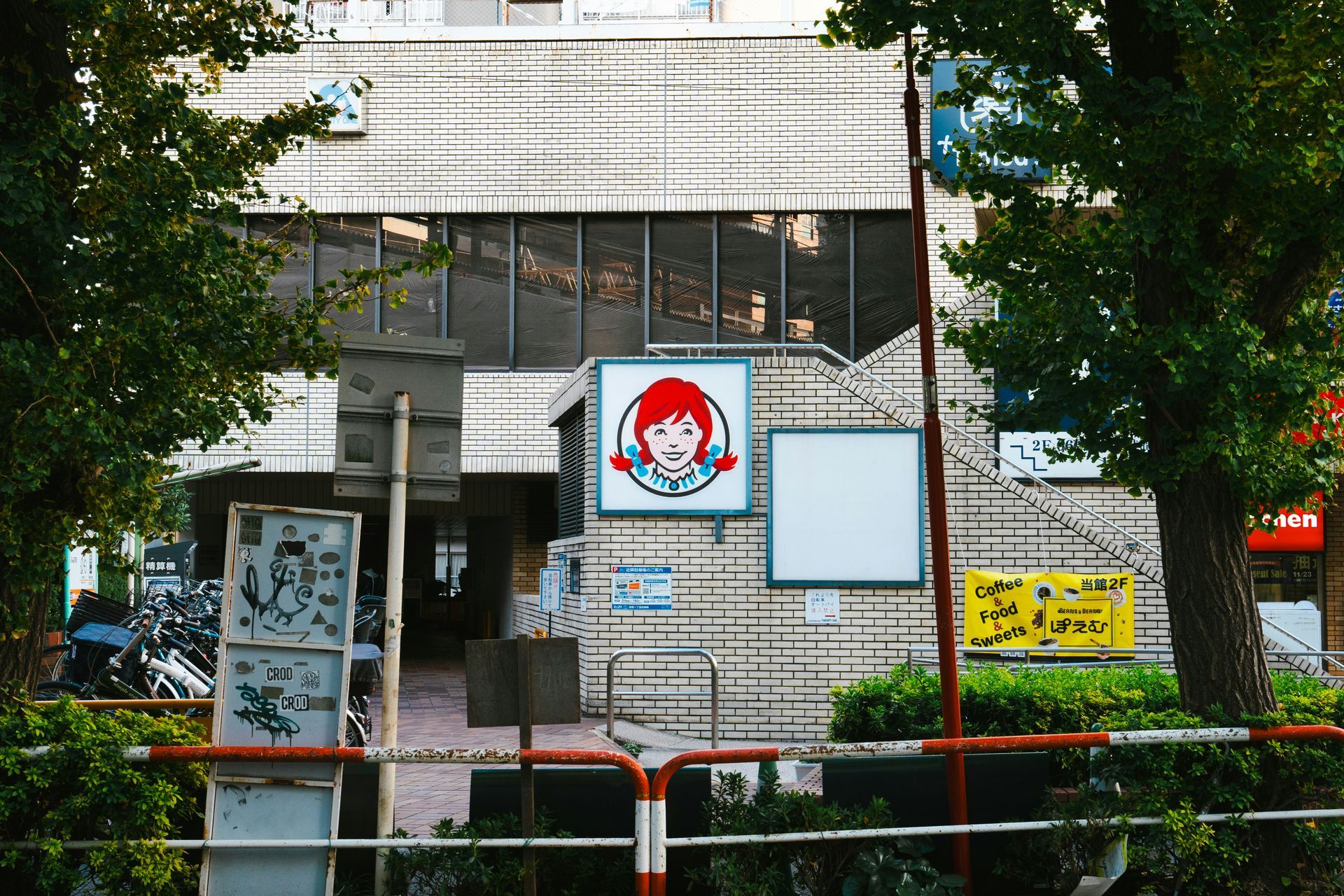
South Africa’s franchise industry is thriving, offering lucrative opportunities for entrepreneurs and investors. Whether you’re looking for a franchise for sale or an established franchise for sale , understanding which industries yield the highest return on investment (ROI) can help you make an informed decision. From food and retail to healthcare, certain sectors consistently outperform others in terms of profitability and sustainability.
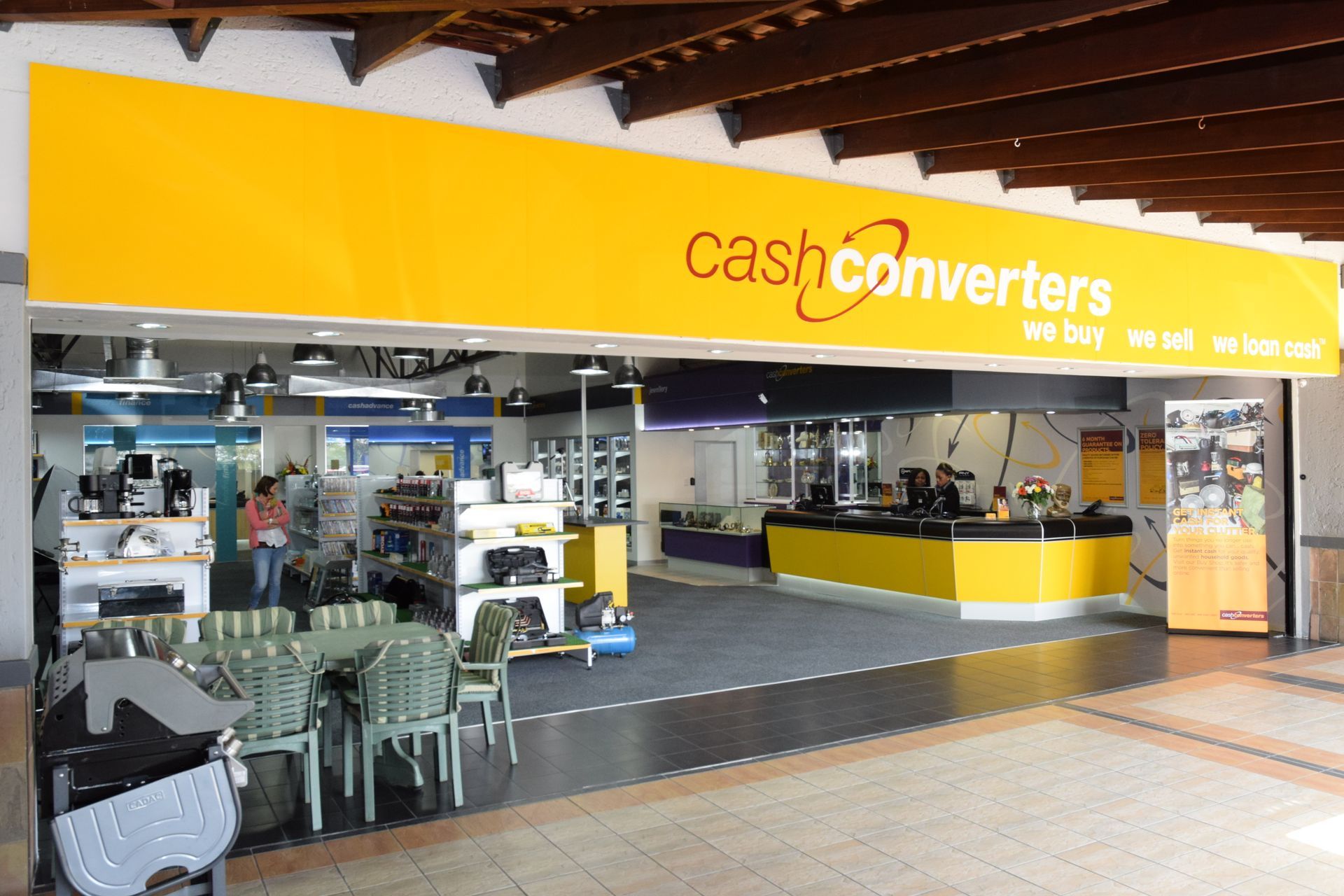
In a world increasingly dominated by online marketplaces and digital finance, Cash Converters South Africa has carved out a thriving niche with an innovative and resilient franchise model. Known for its distinctive mix of retail, pawnbroking, and micro-financing services, Cash Converters has become a household name across South Africa. This blog explores what sets its franchise model apart and why it continues to attract savvy entrepreneurs.
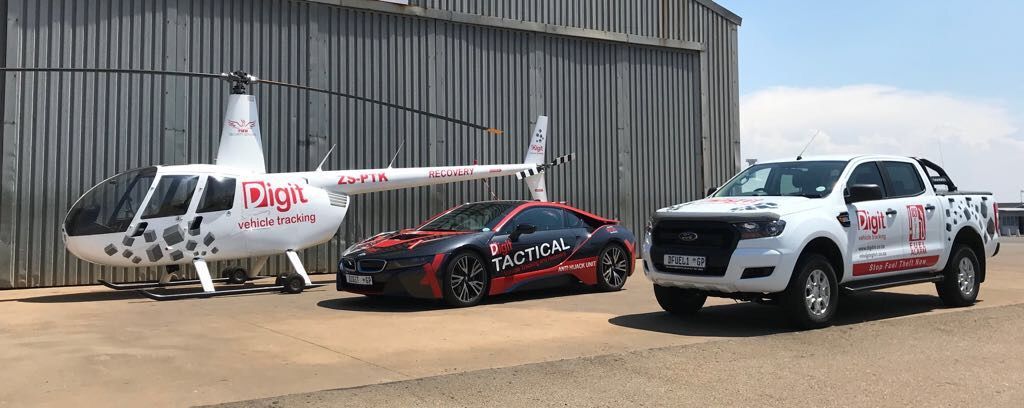
Are you looking for a proven, profitable, and recession-proof business opportunity? For over 10 years, Digit FMS has been a trusted franchise opportunity through SA Franchise Warehouse, offering entrepreneurs a chance to build a thriving business in the high-demand electronic security and fleet management industry.

Are you ready to invest in a thriving business with guaranteed returns? Digit FMS offers an exceptional franchise opportunity in security and fleet management. You can build a successful business with minimal risk with cutting-edge technology, a subscription-based revenue model, and unparalleled support.

Franchising has become one of the most attractive business models in South Africa, offering entrepreneurs a proven system to build a successful business with reduced risk. With a variety of industries to choose from—ranging from food and retail to automotive and services —buying a franchise can be a lucrative investment. But how do you navigate this process and make the right decision? This guide will walk you through the key factors to consider when buying a franchise, the benefits and challenges, and how SAFW can help connect you with the best franchise opportunities in South Africa.

